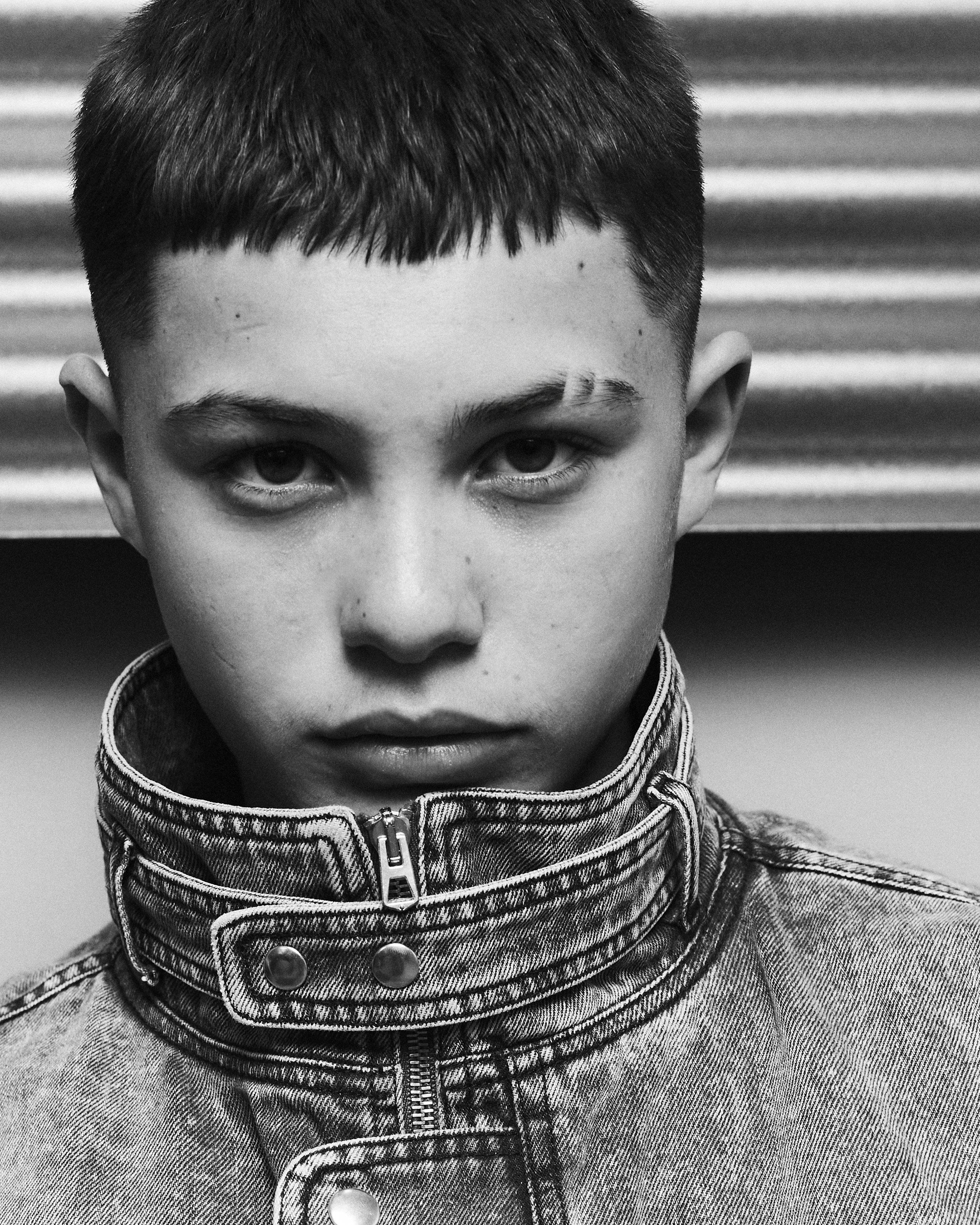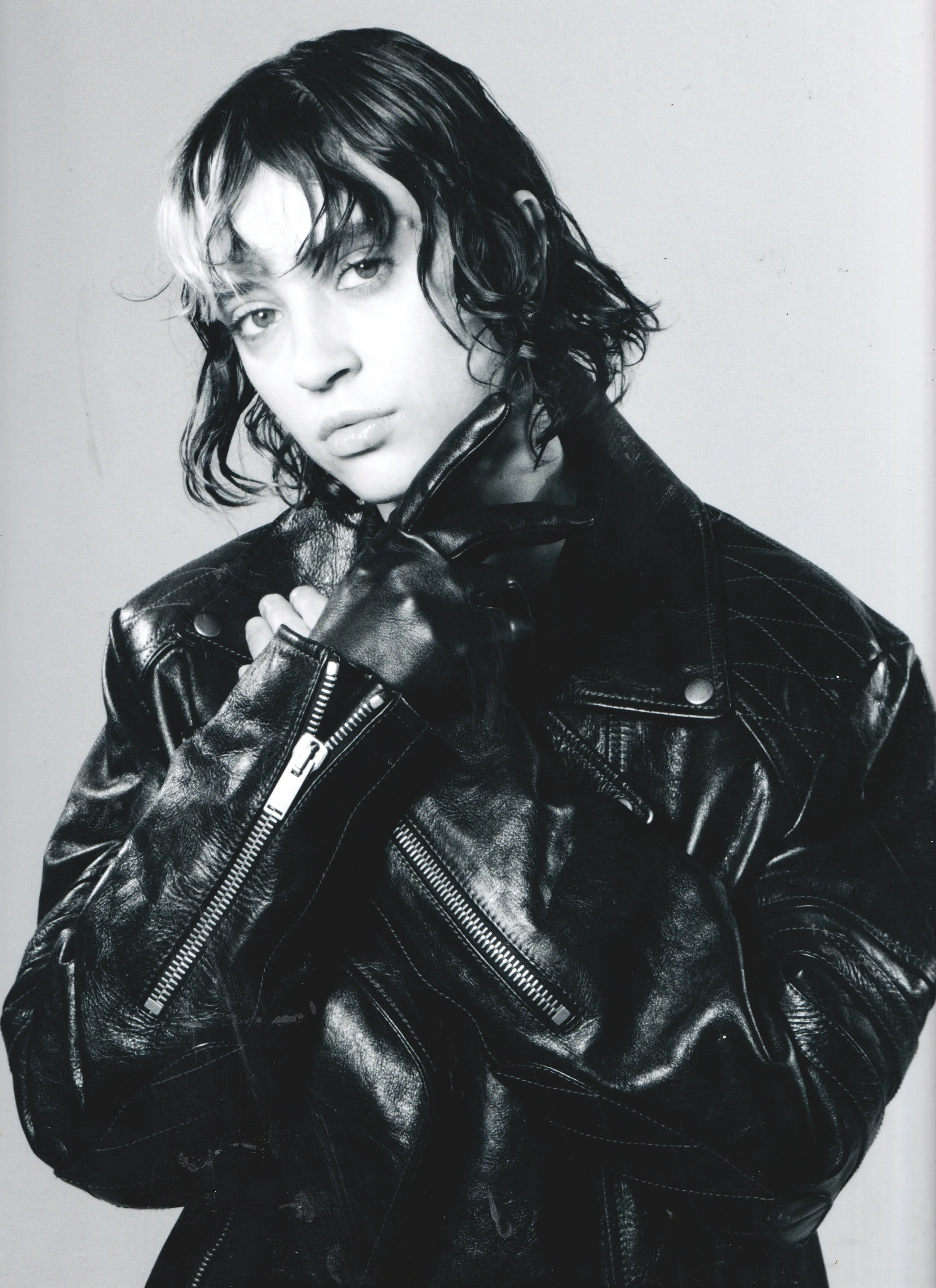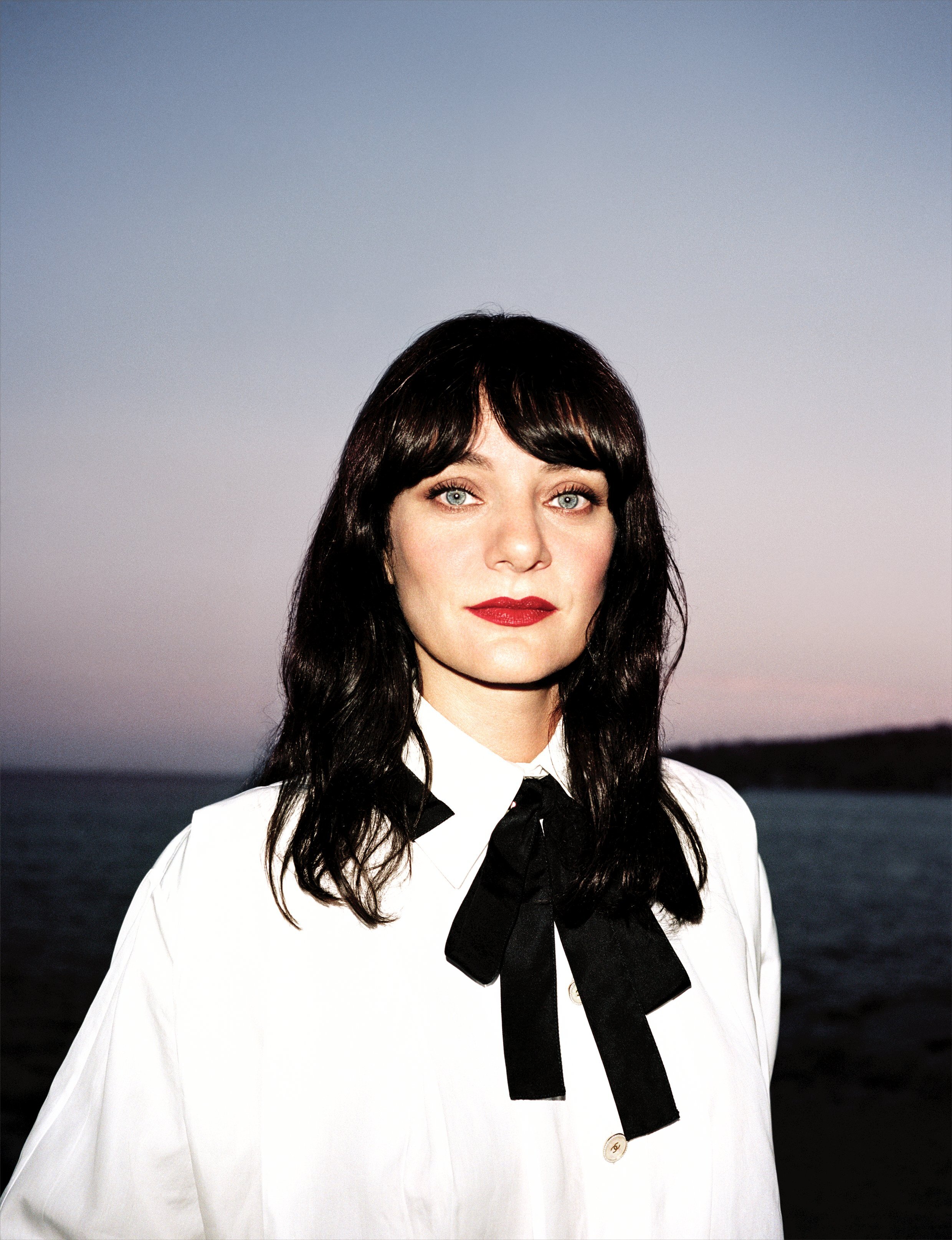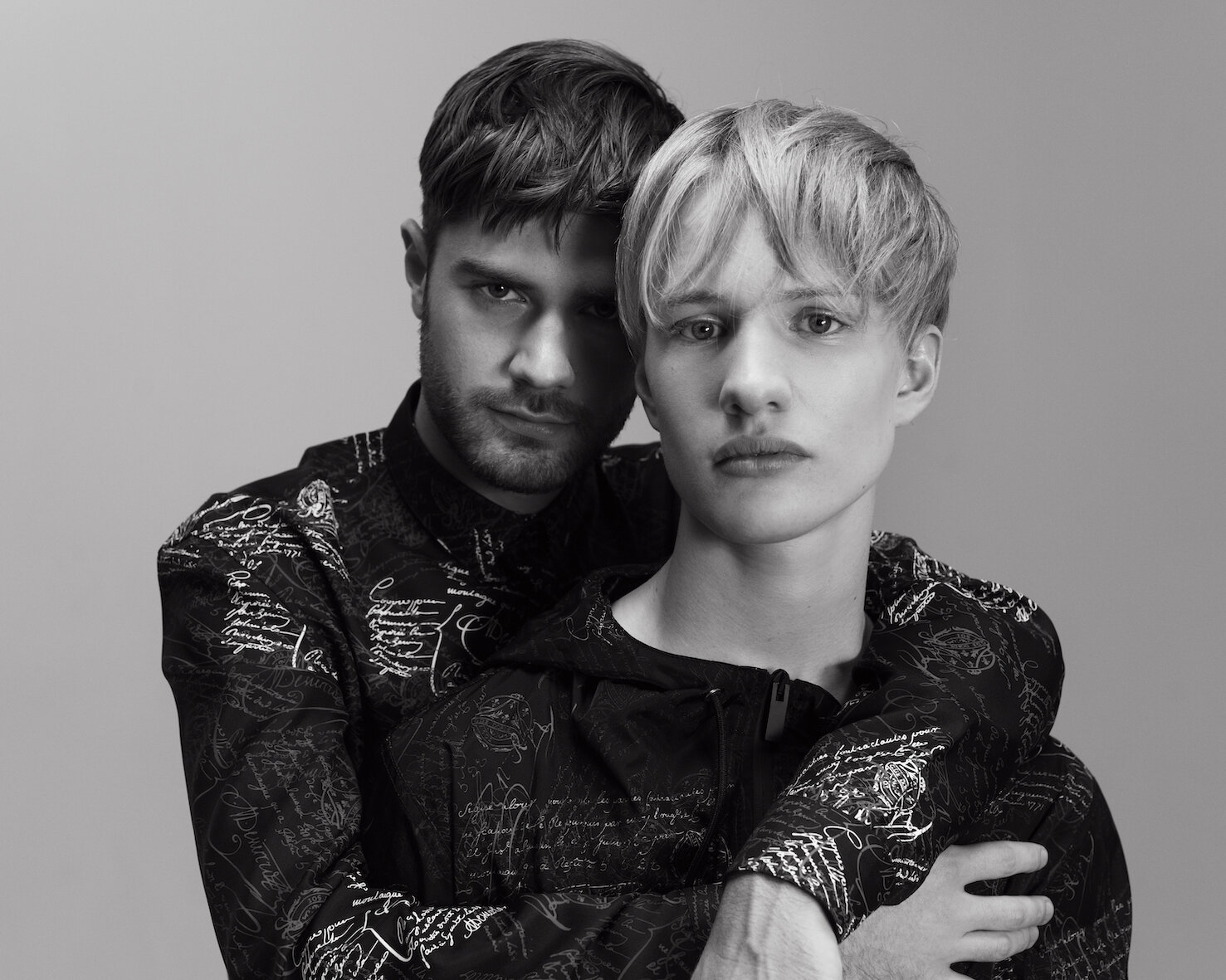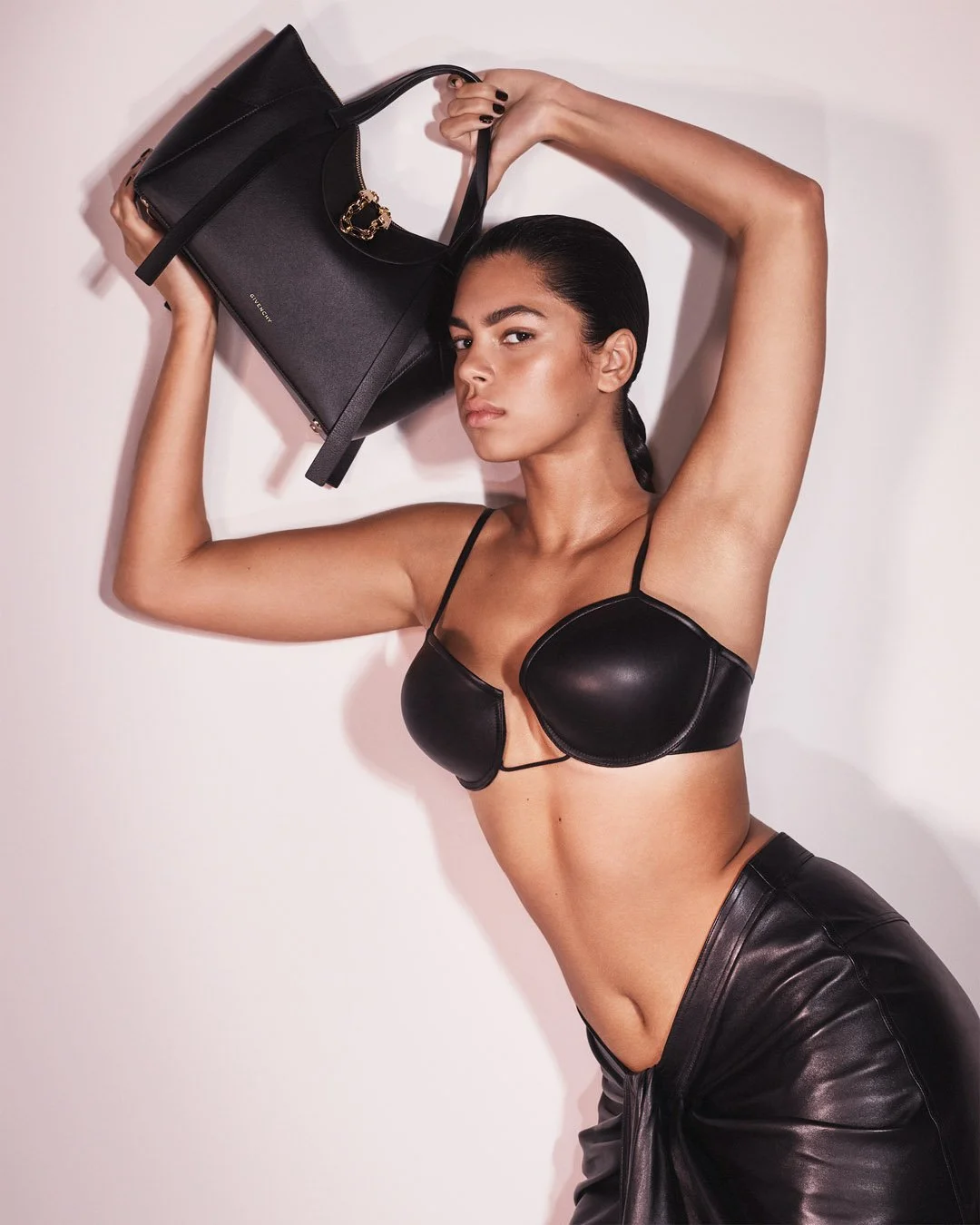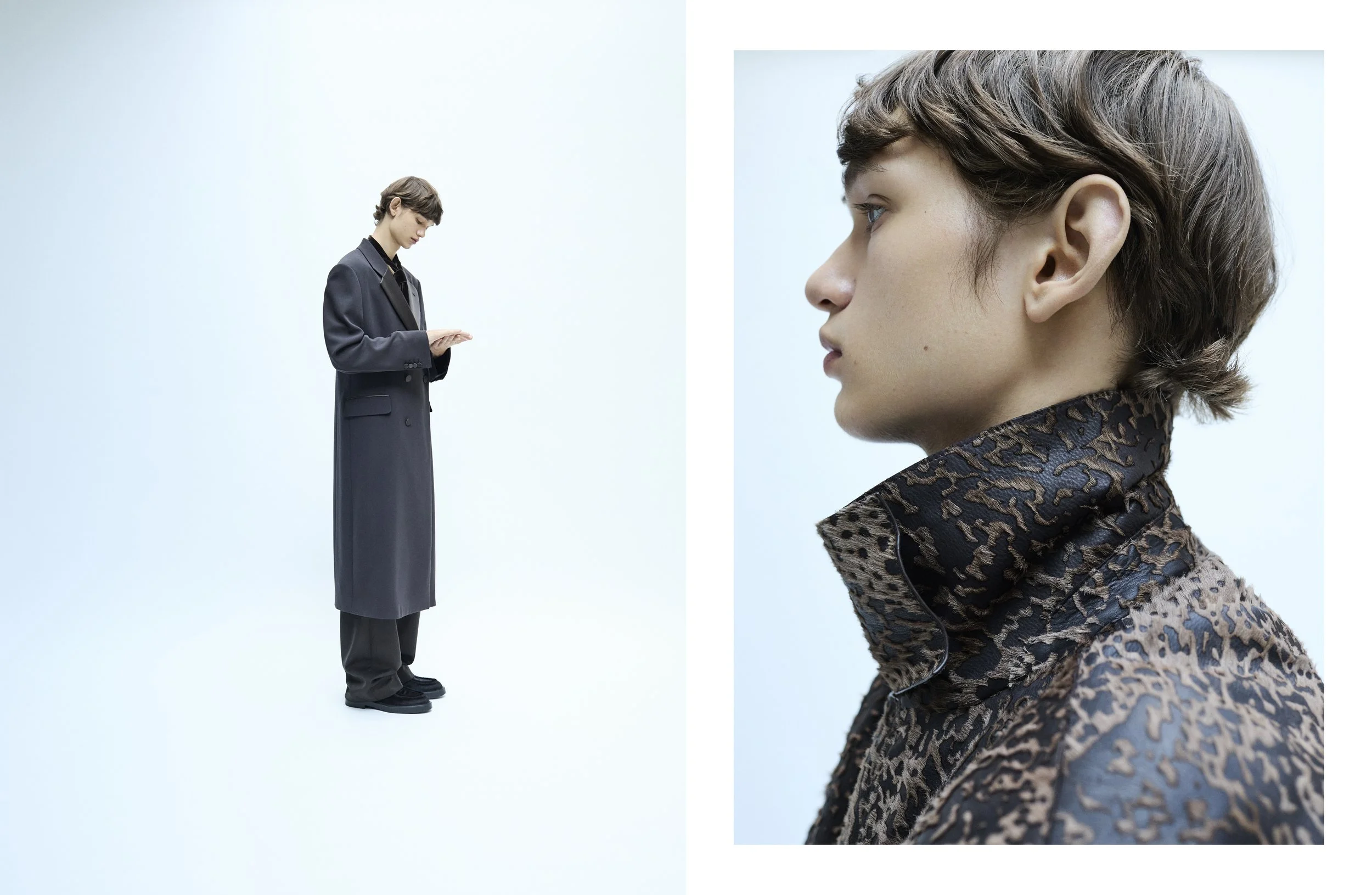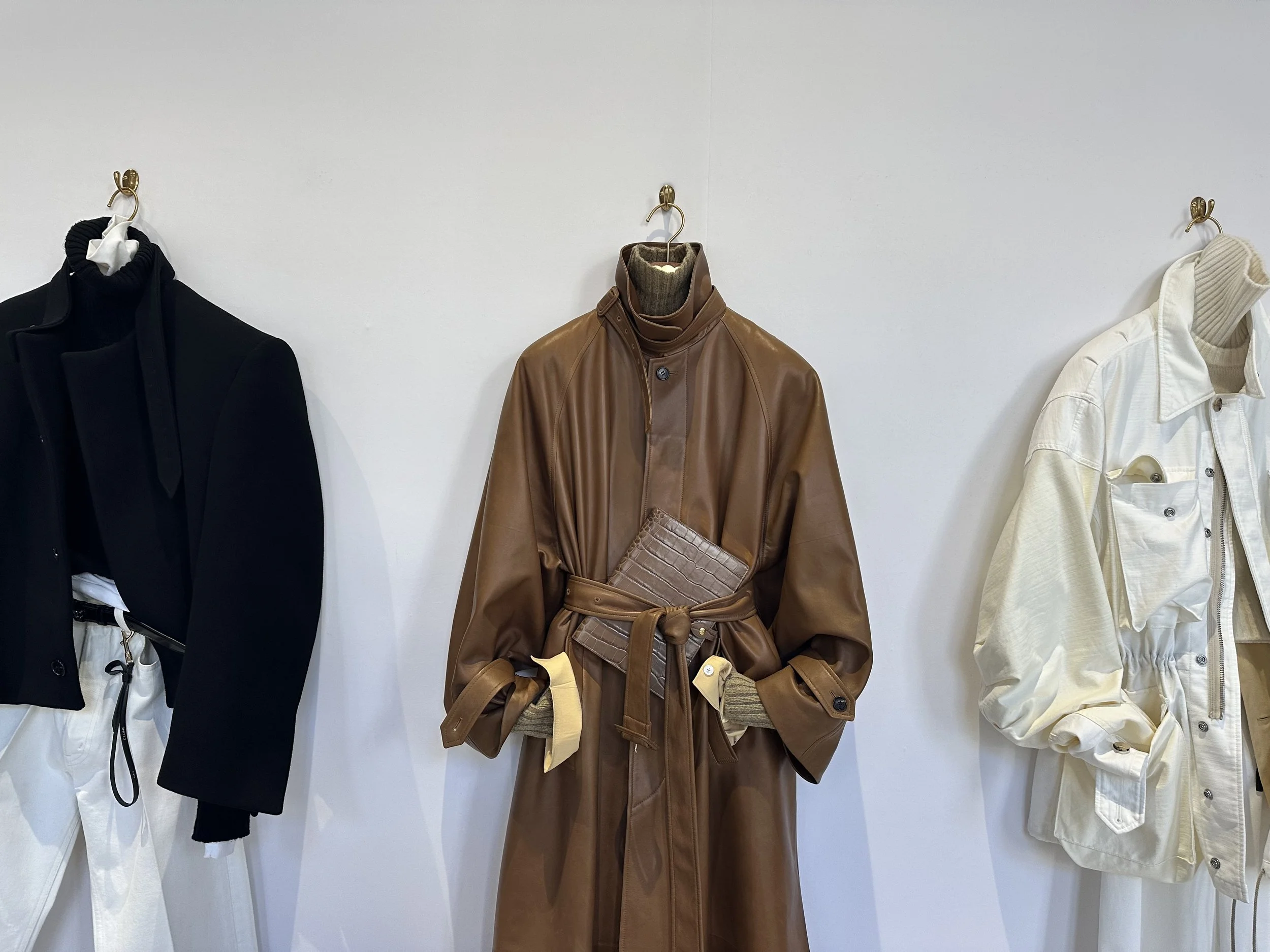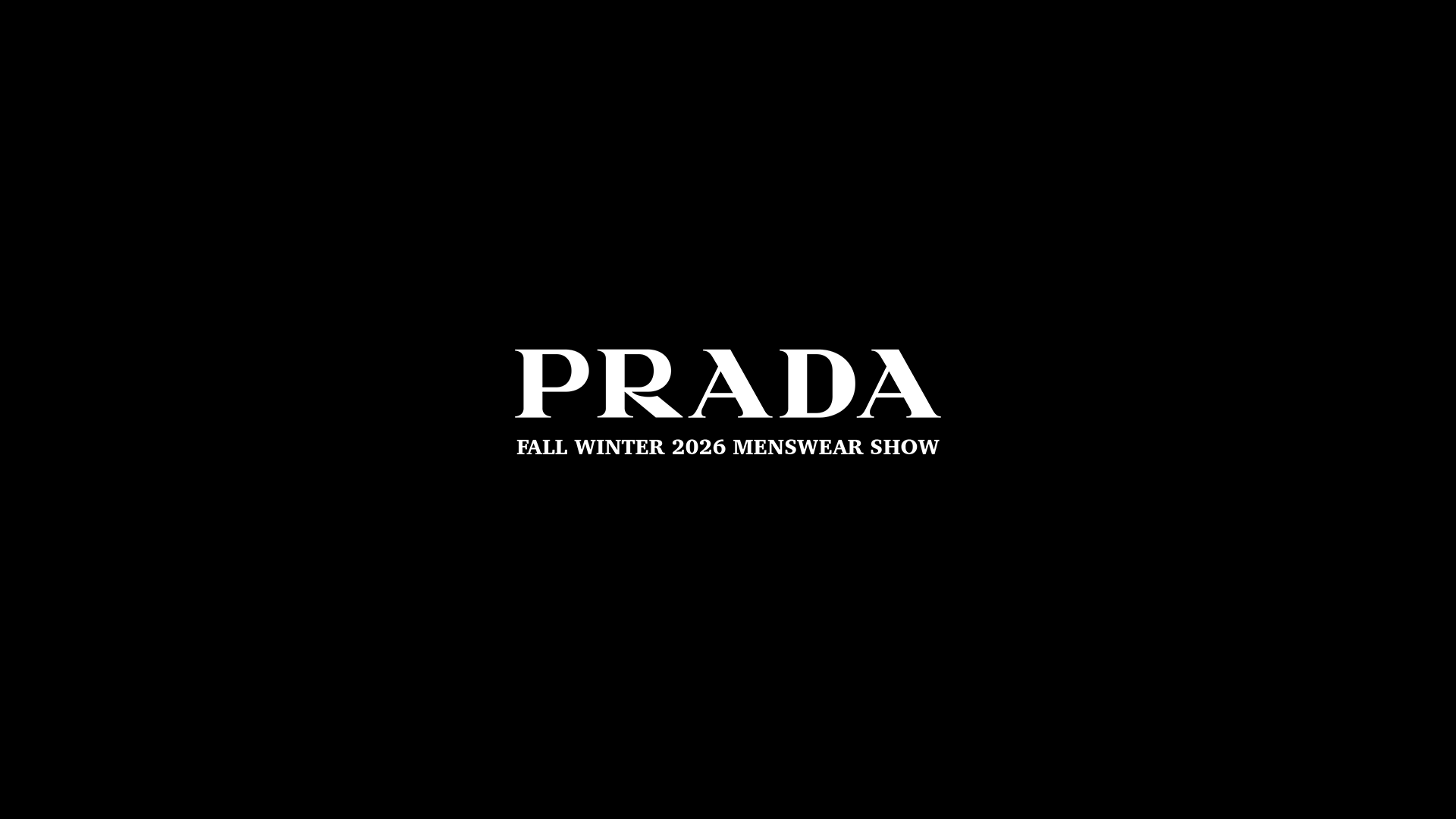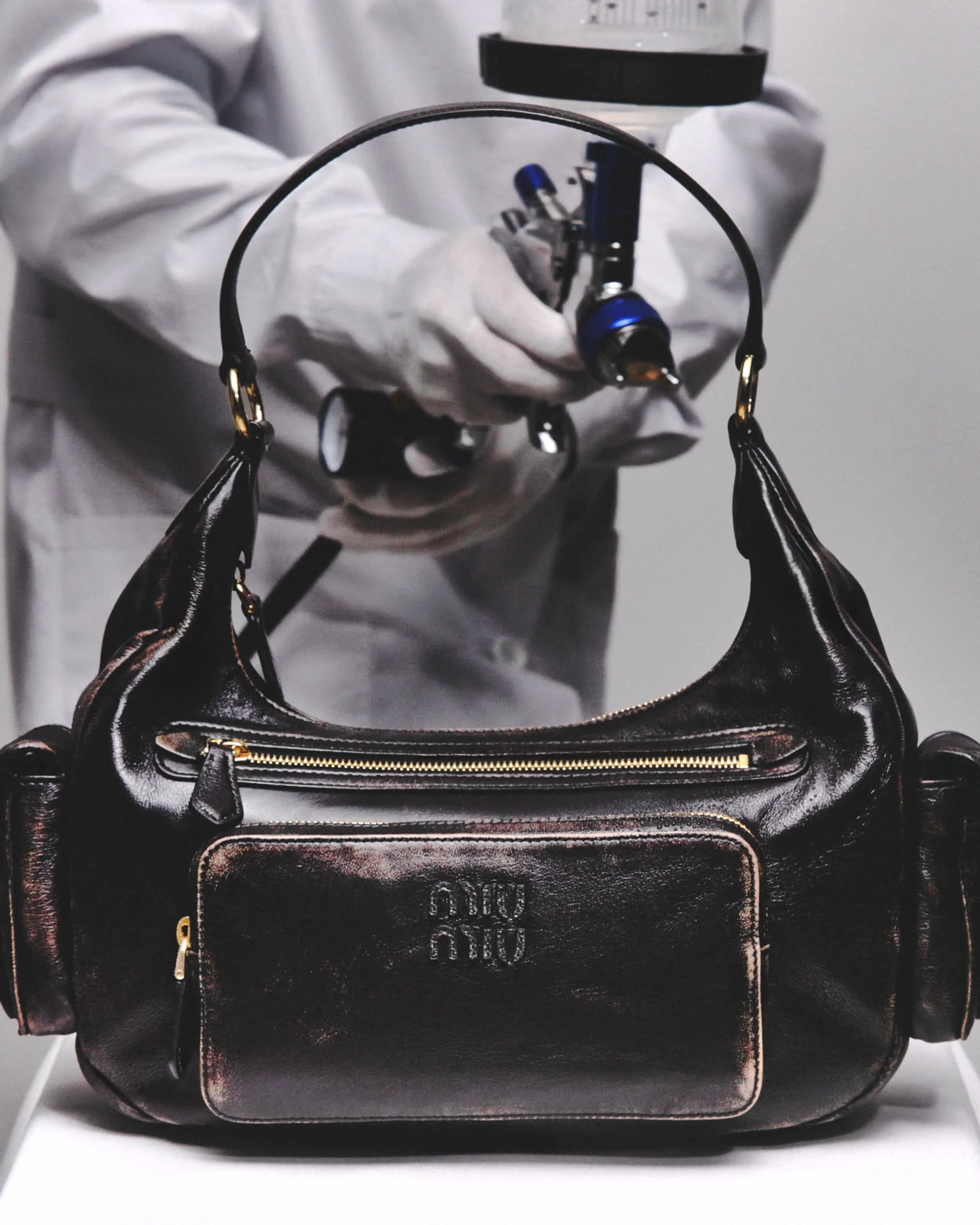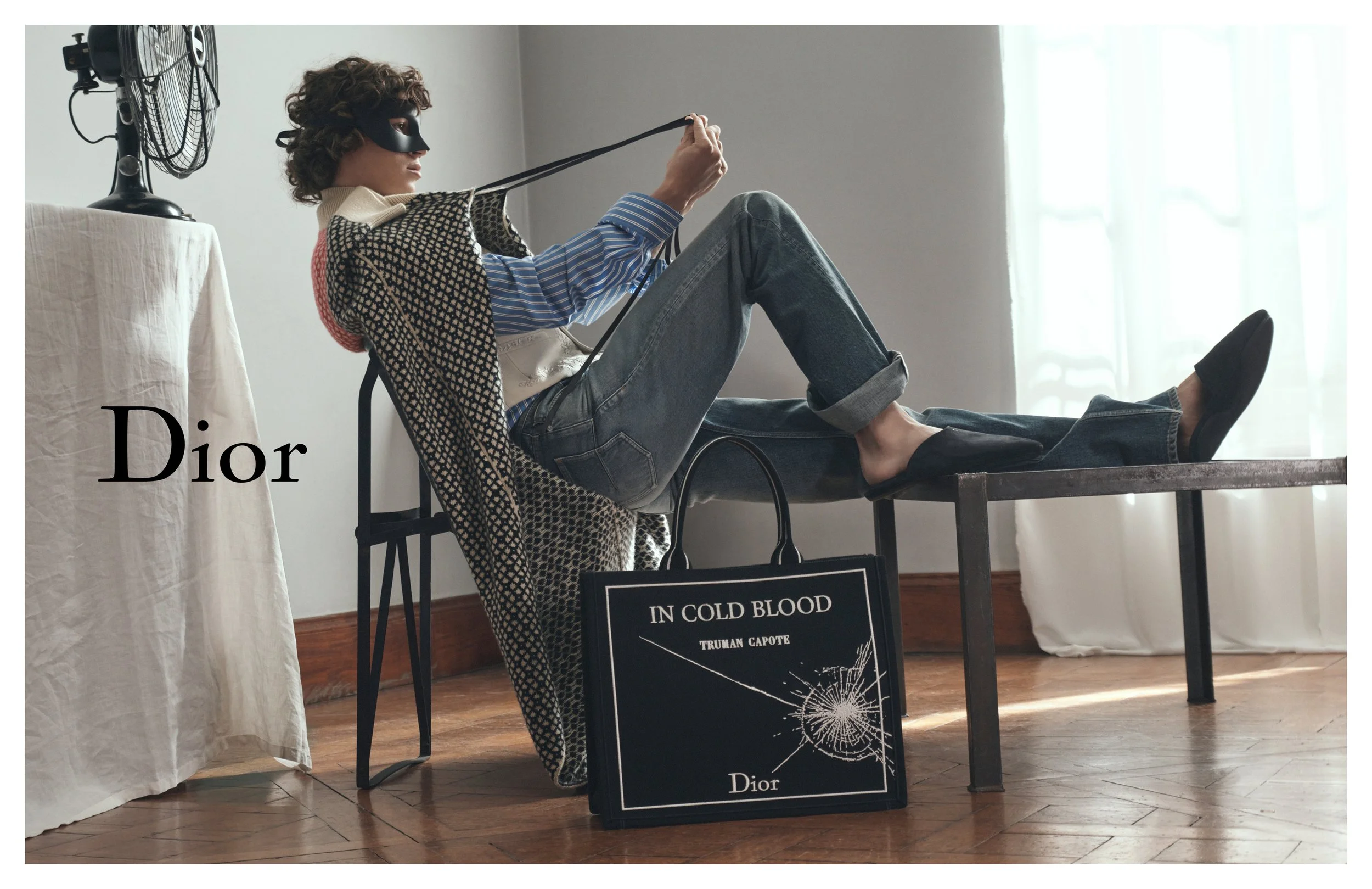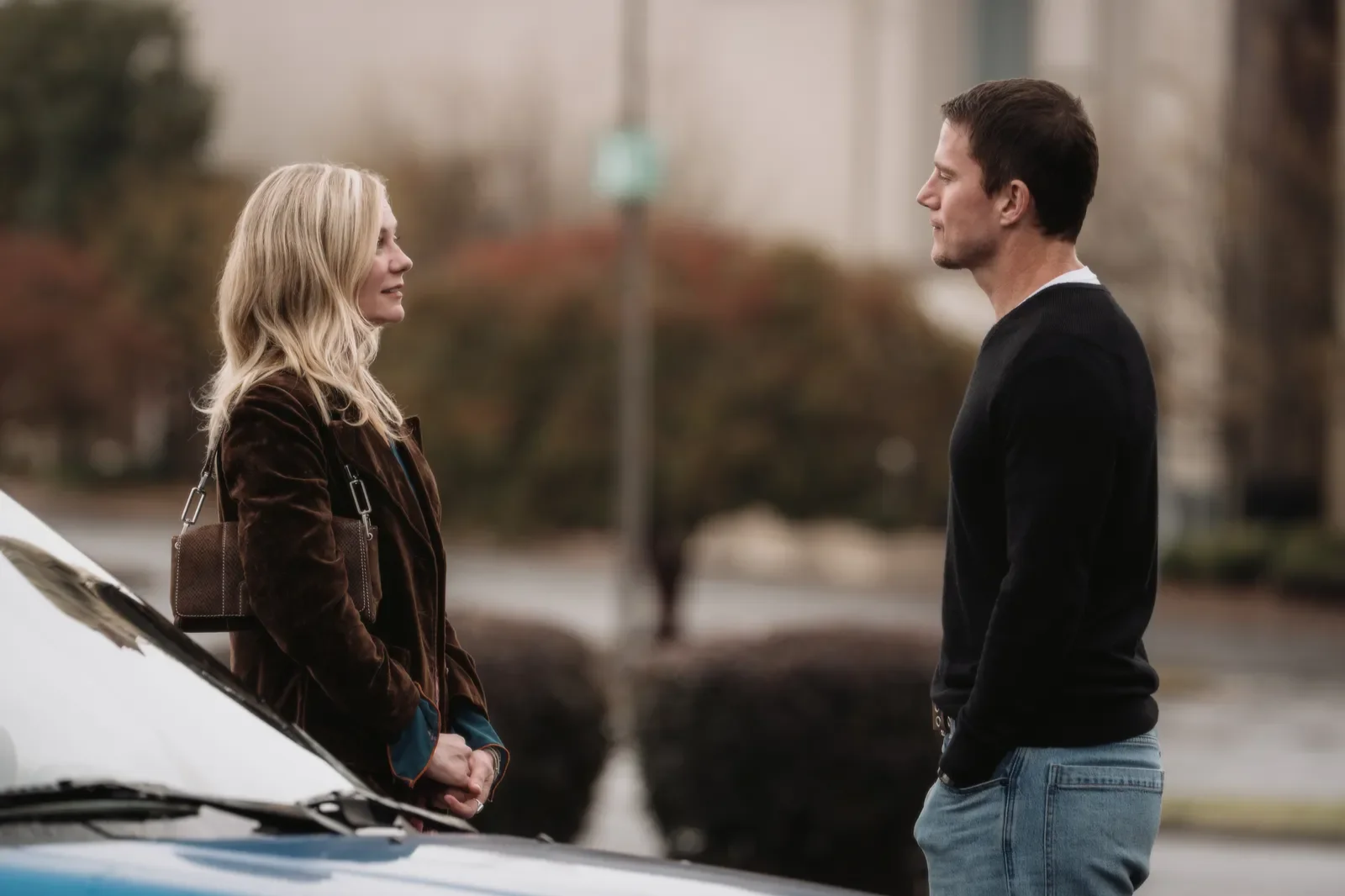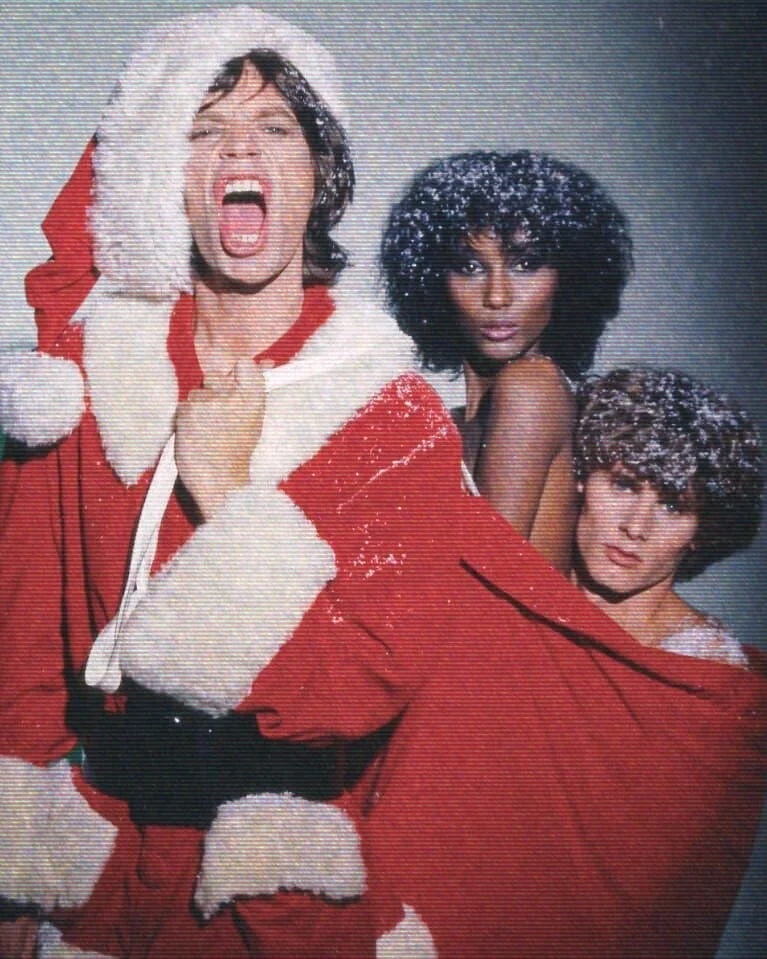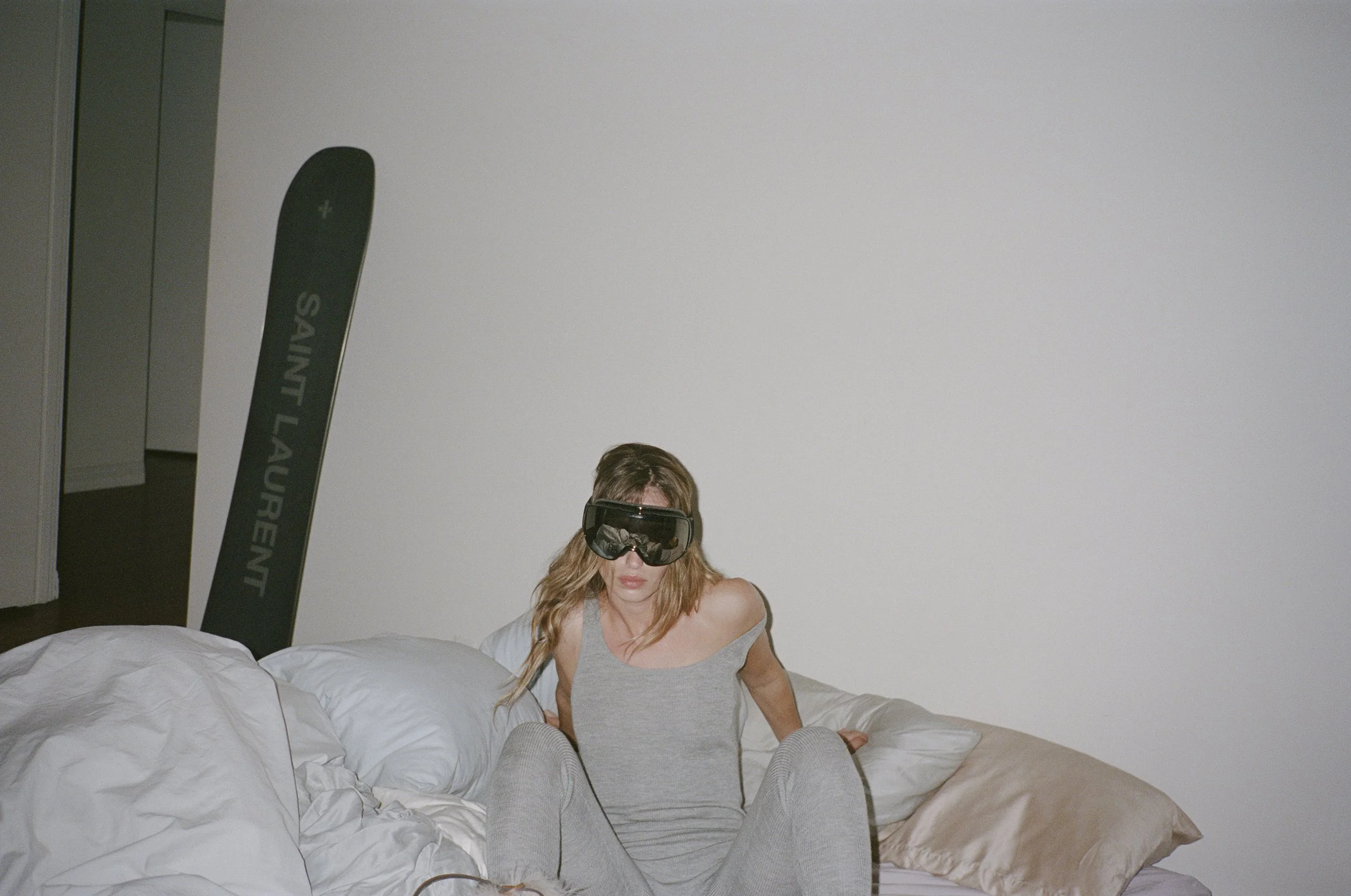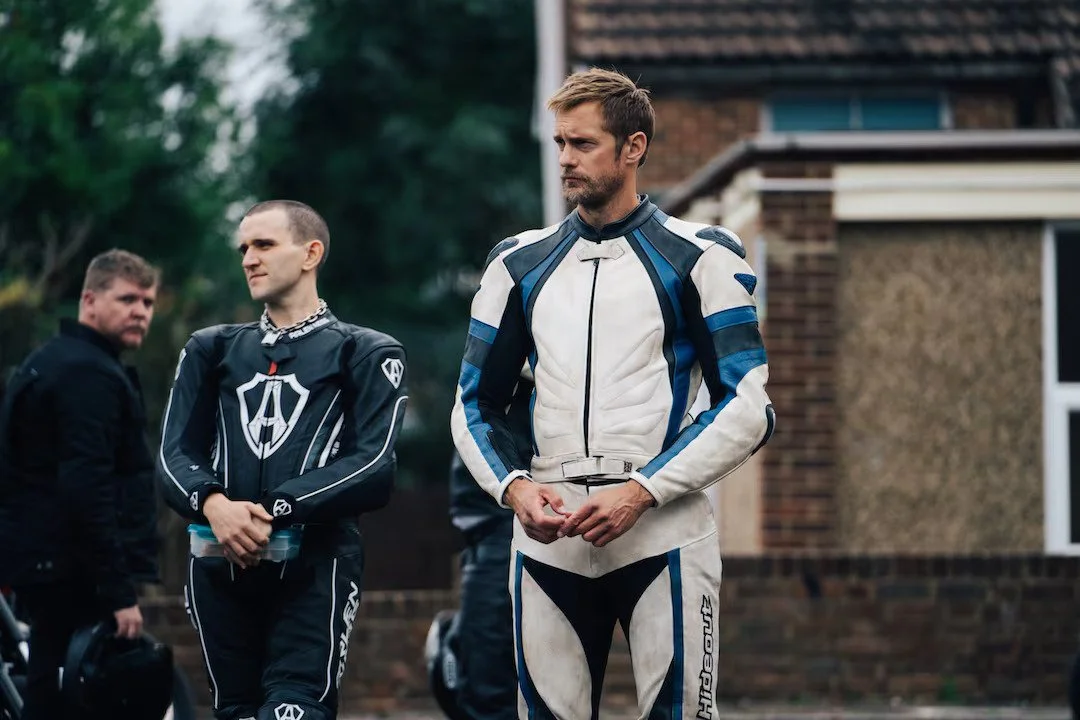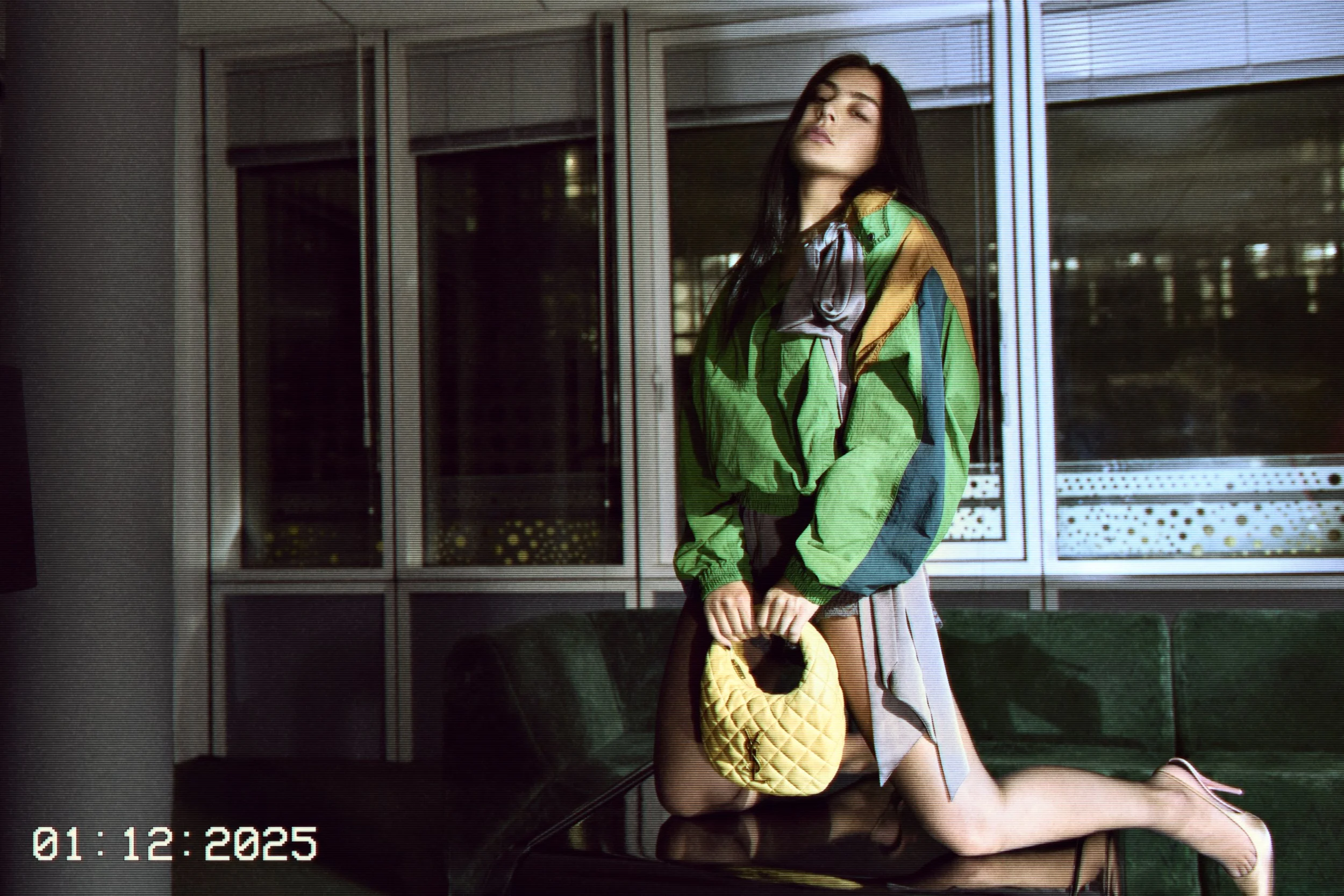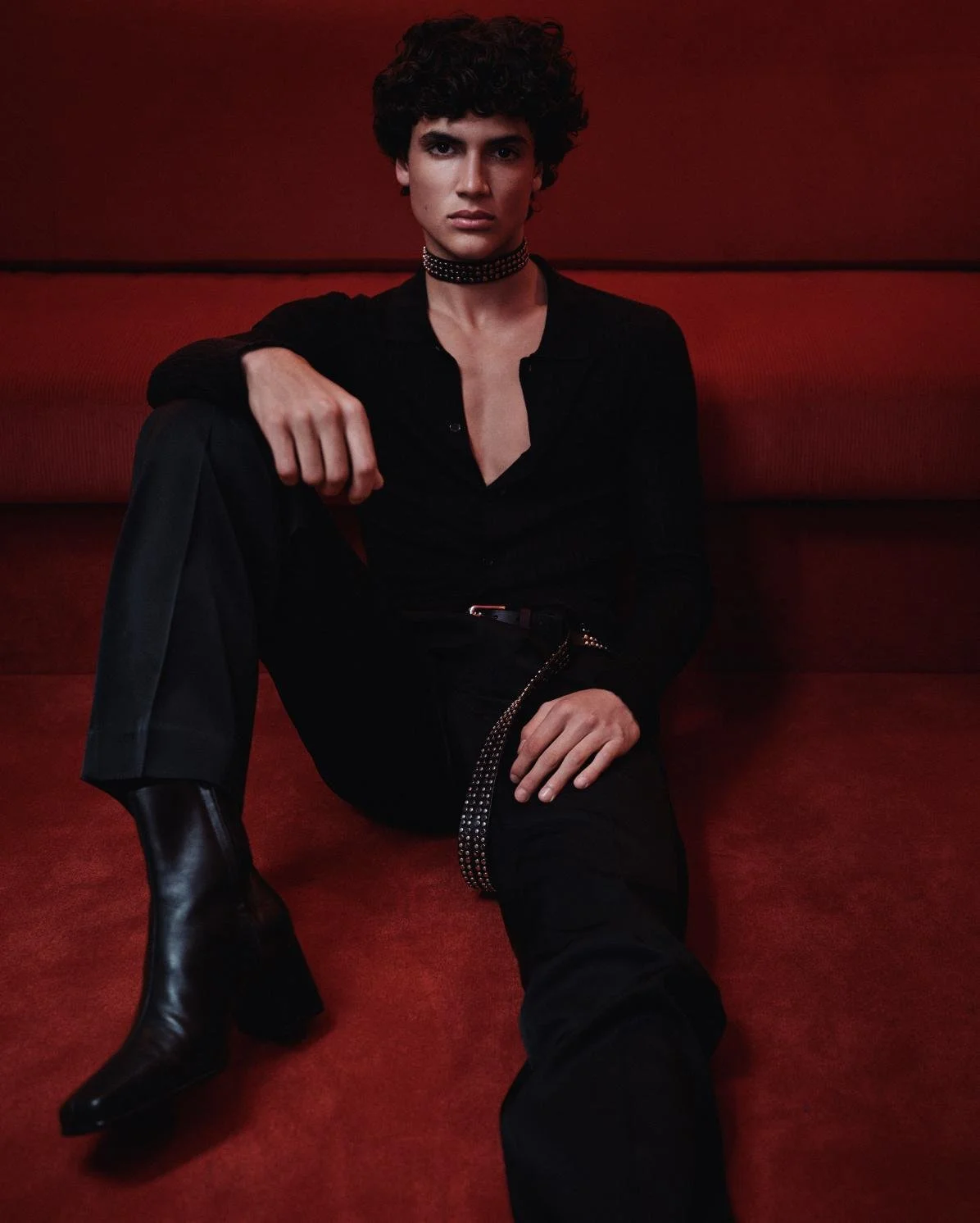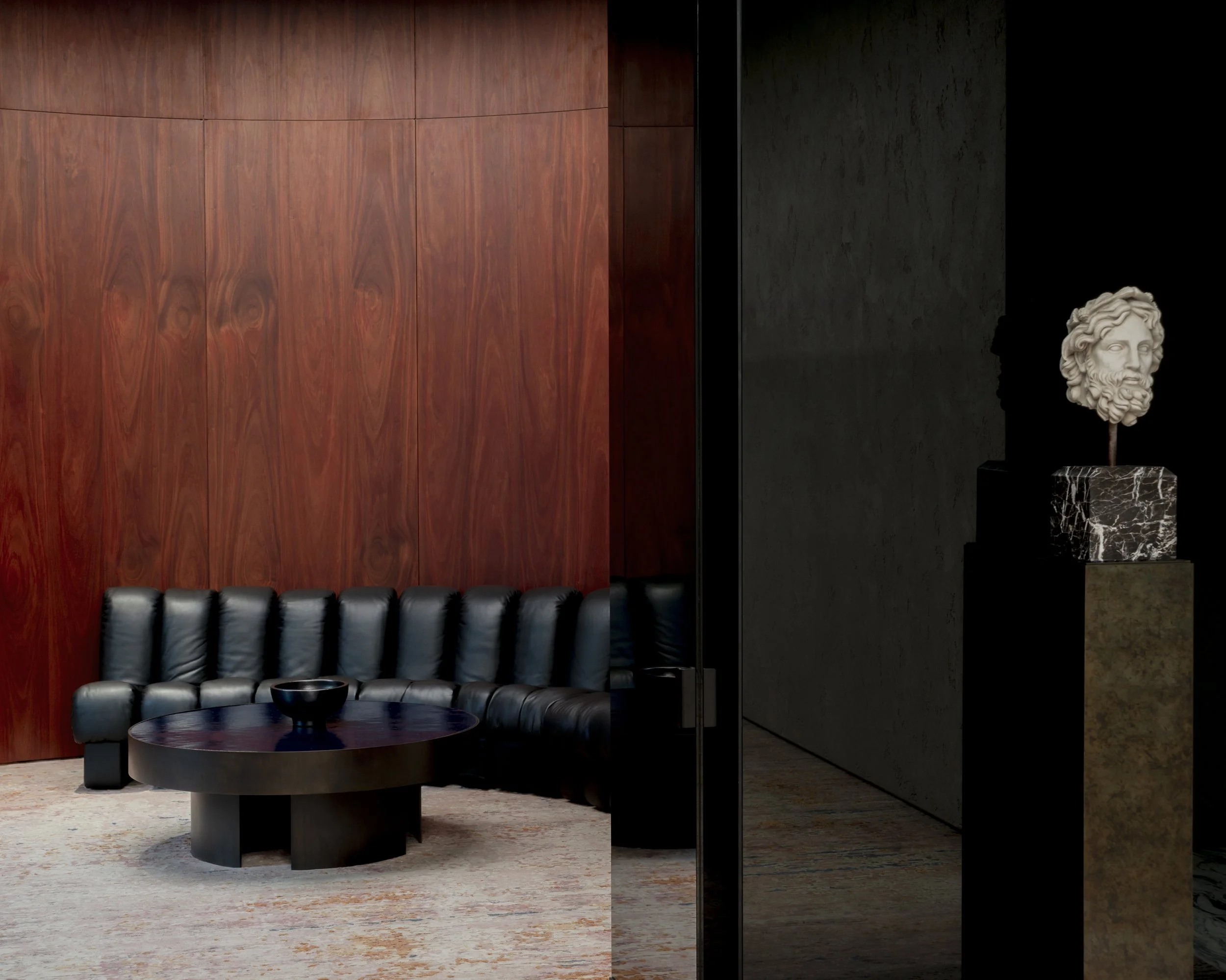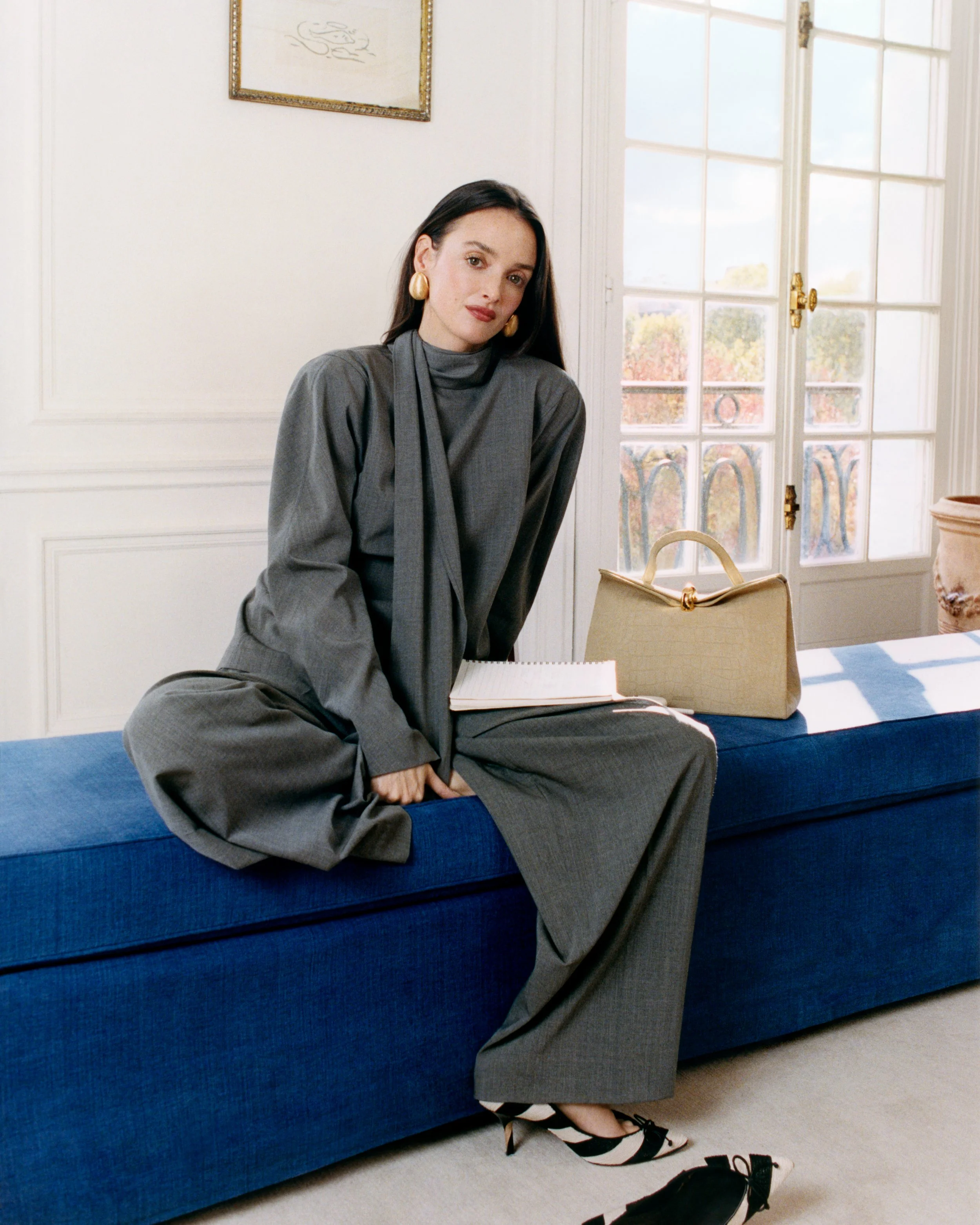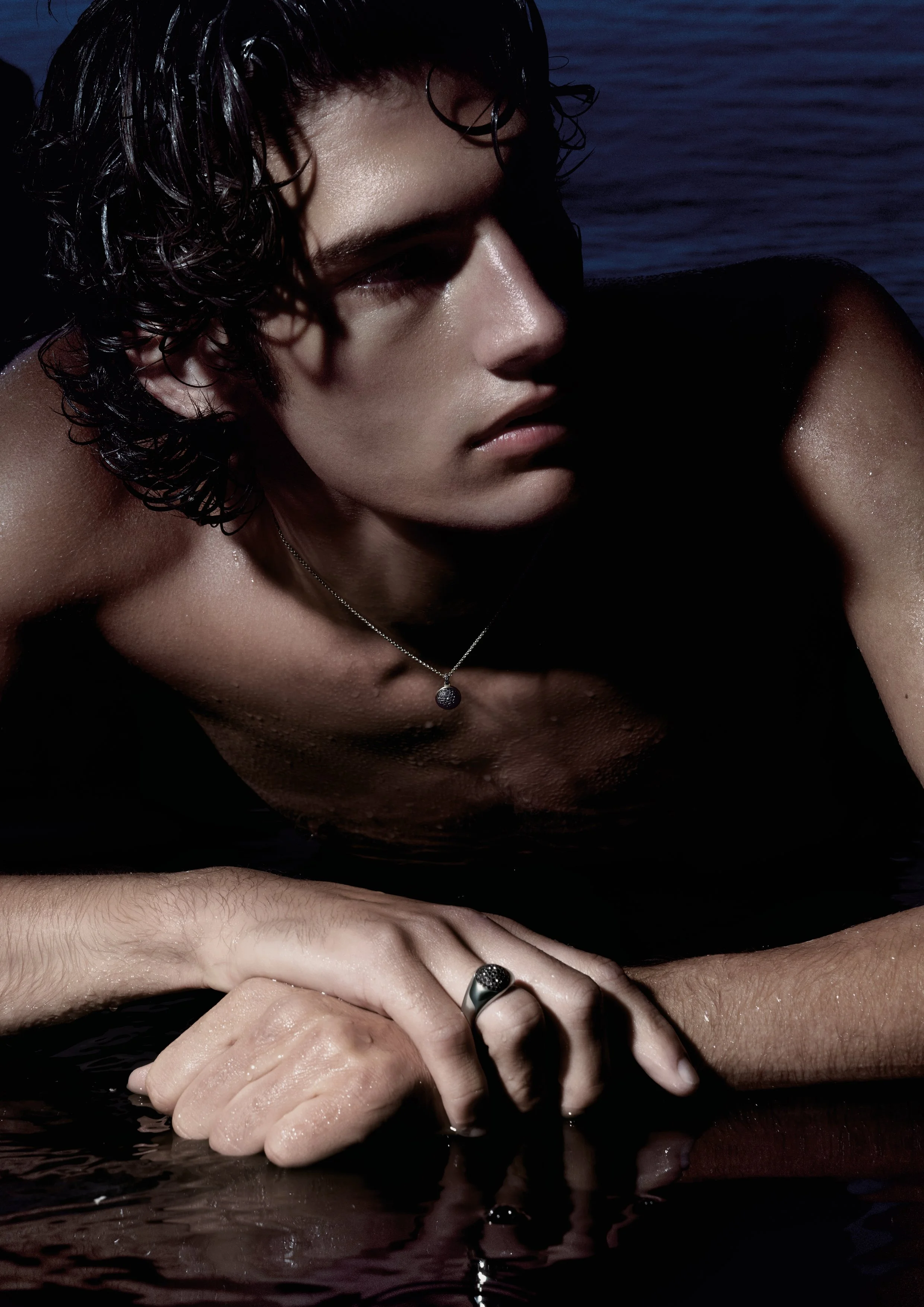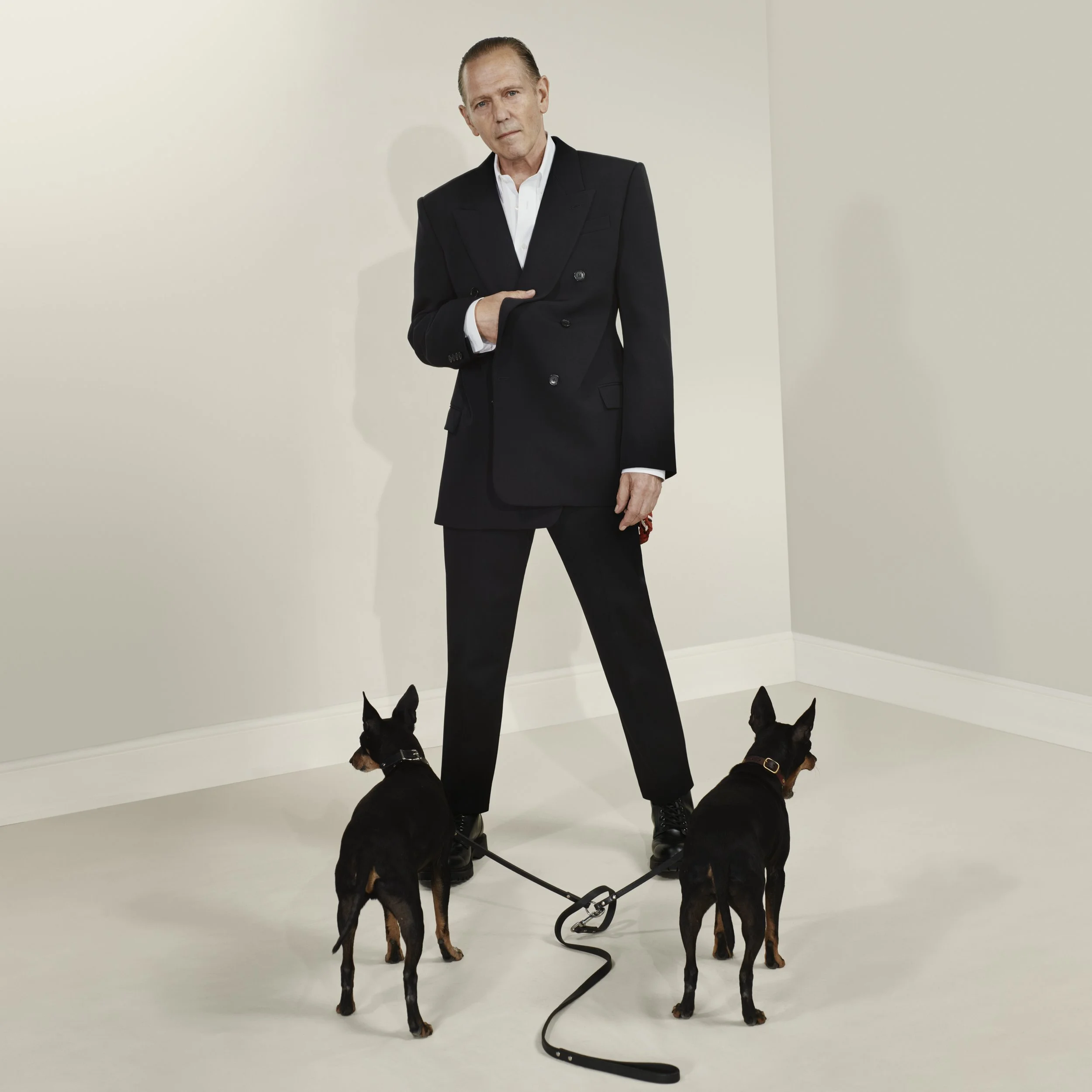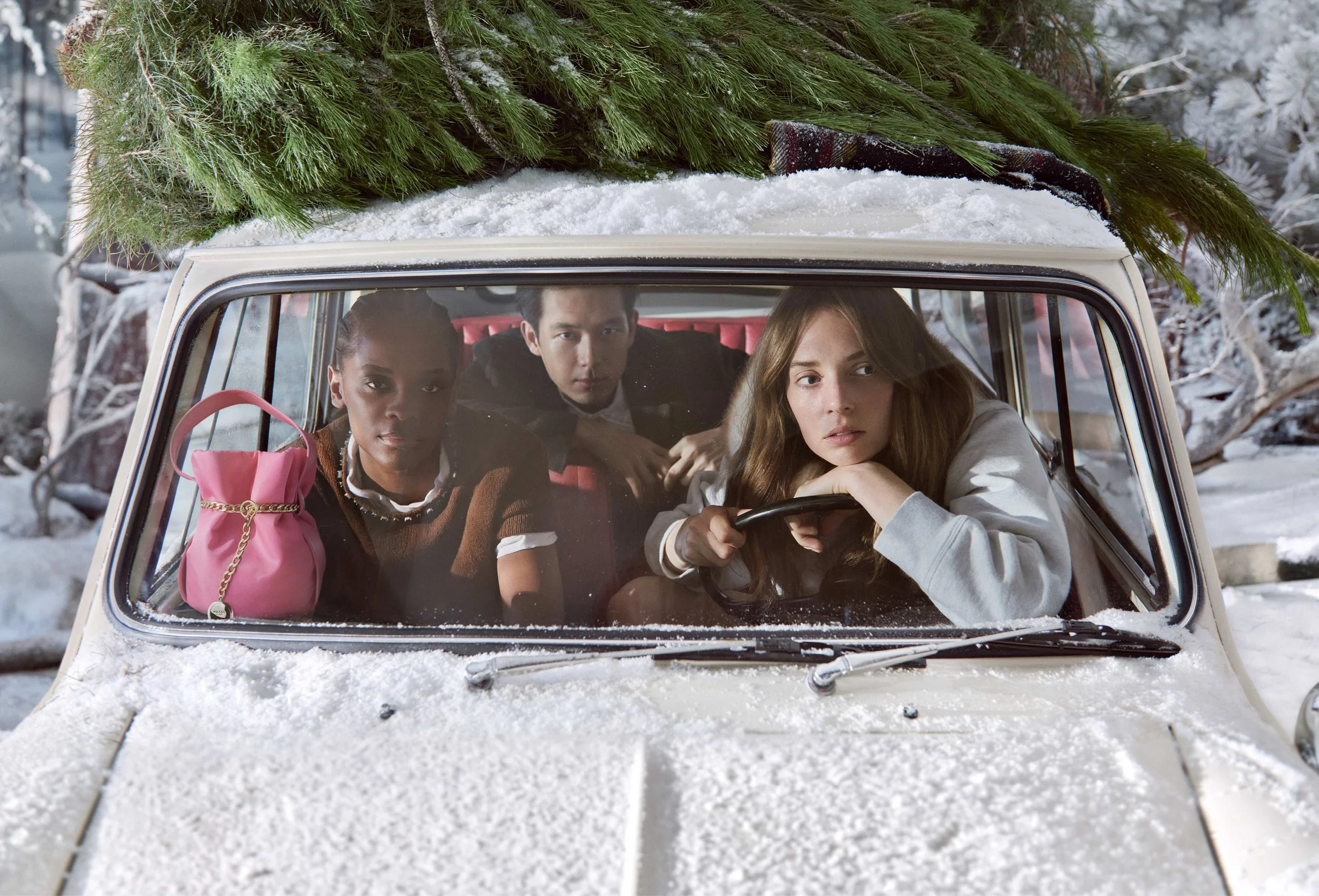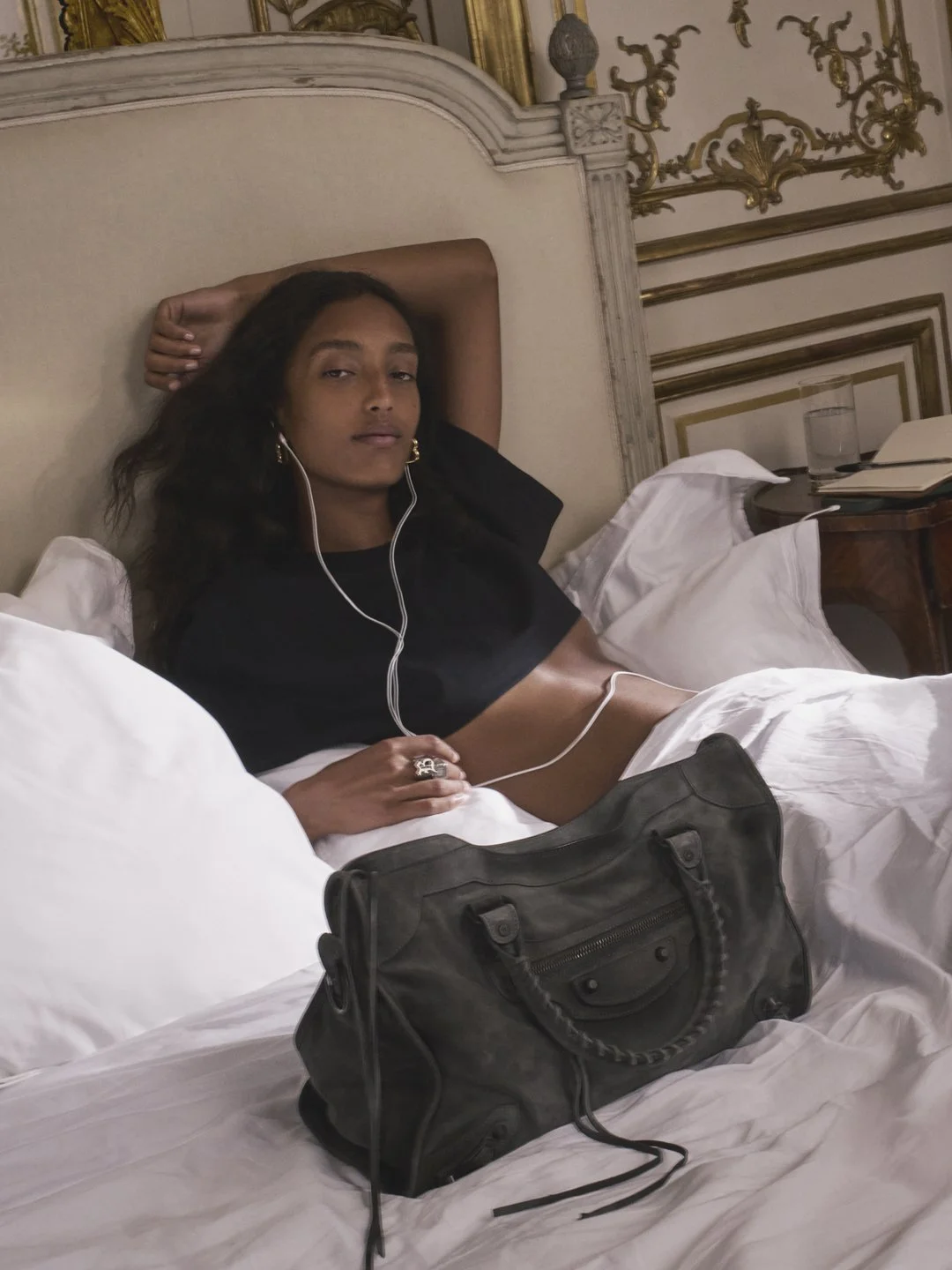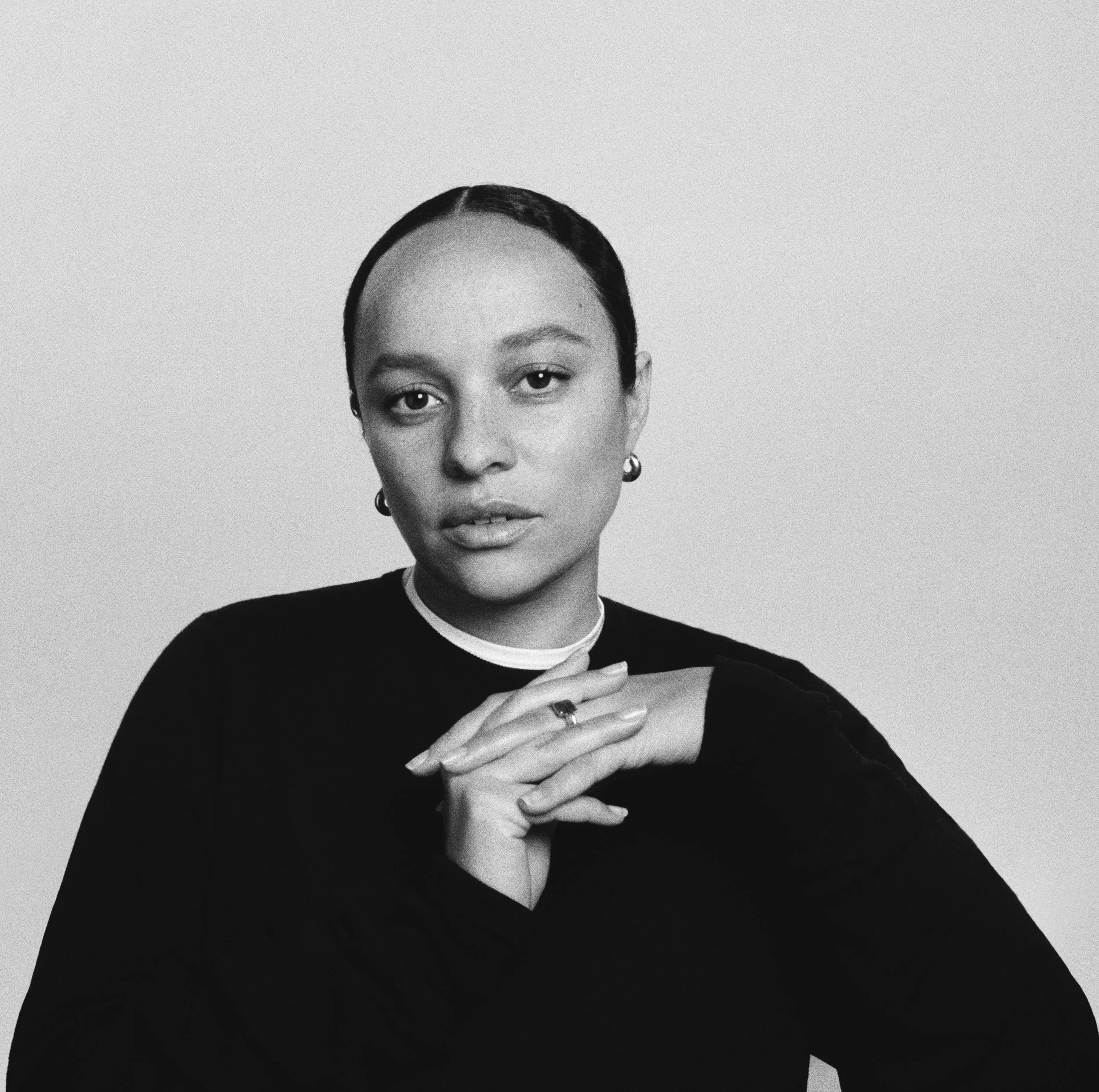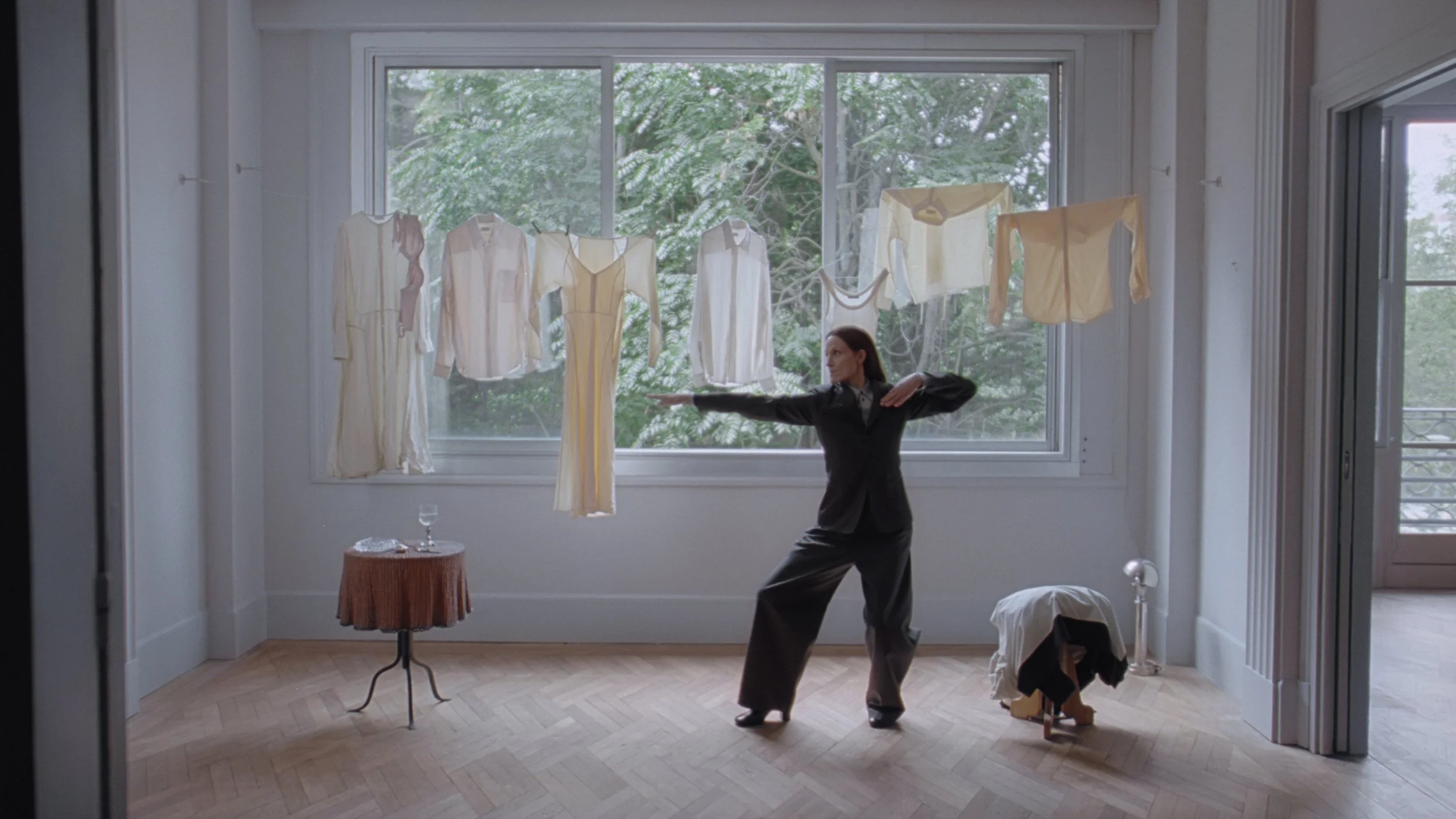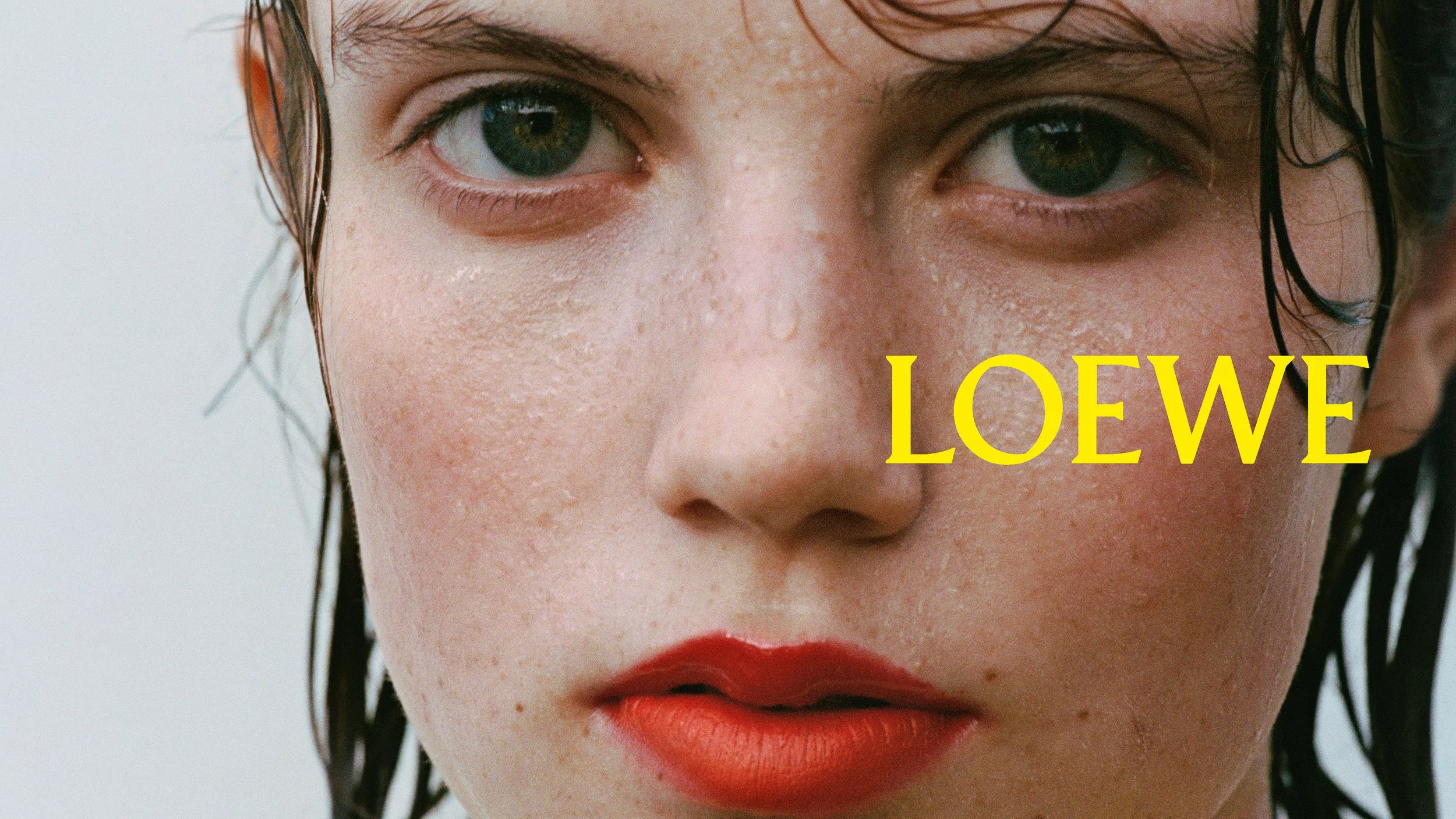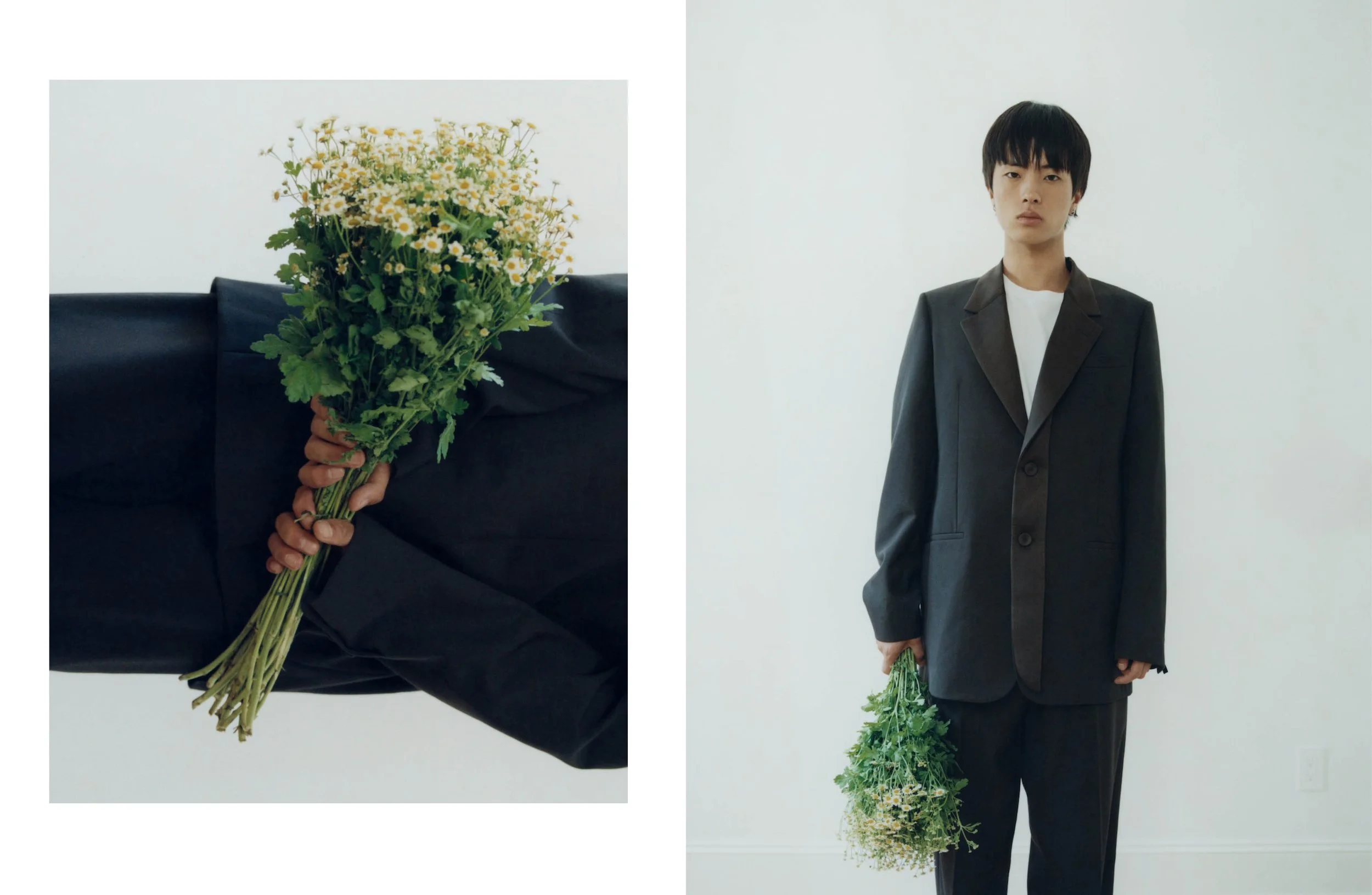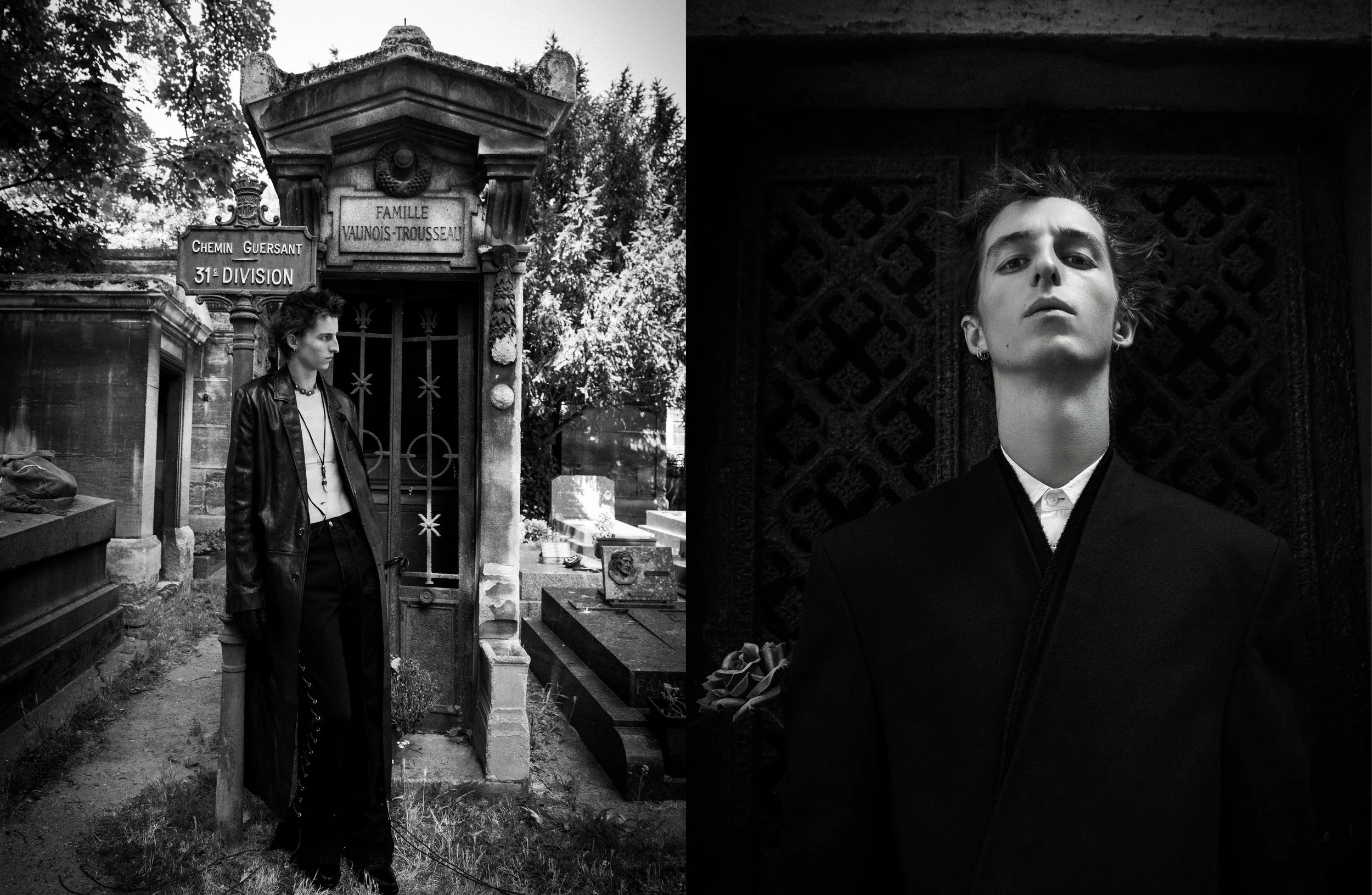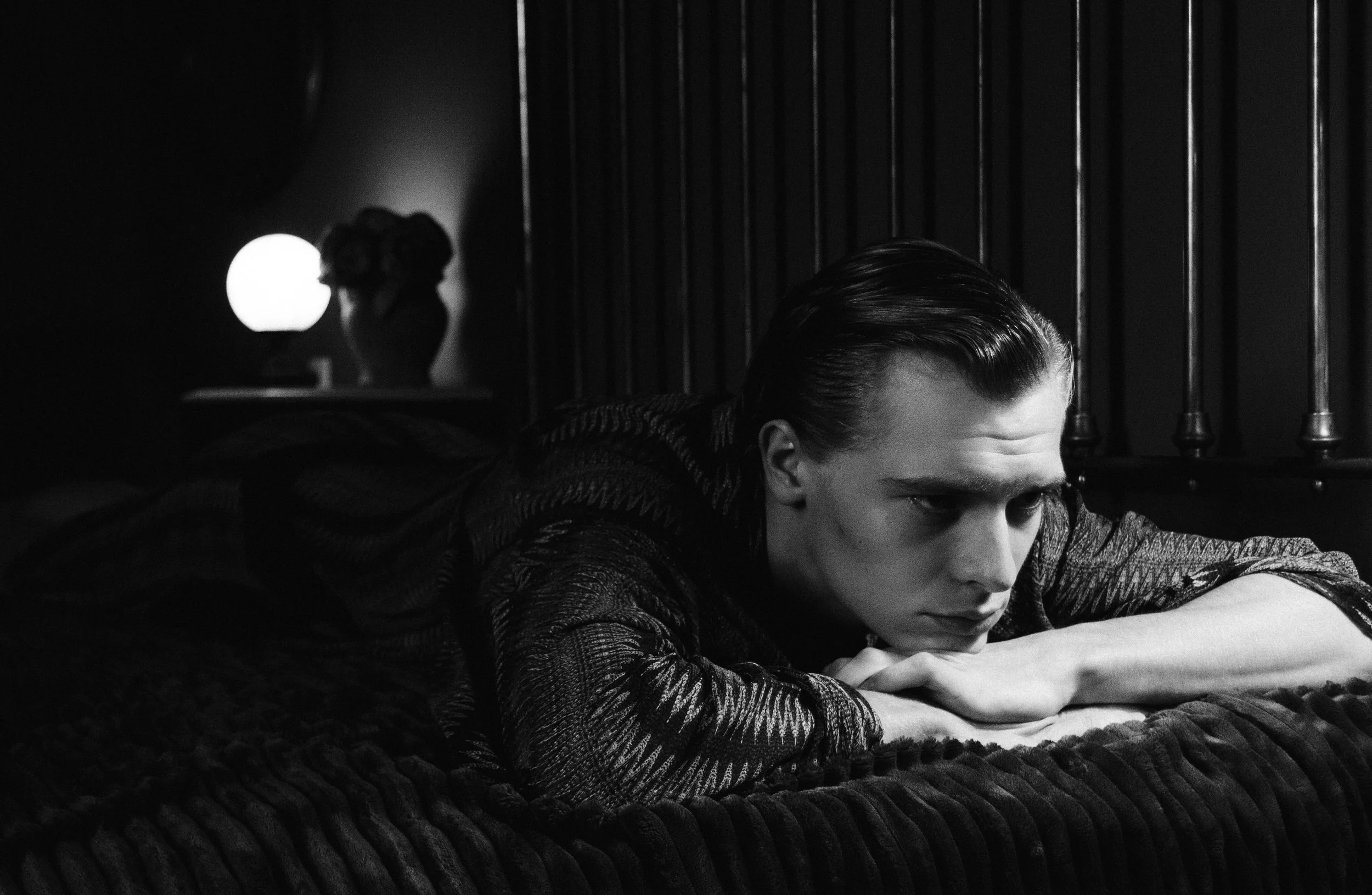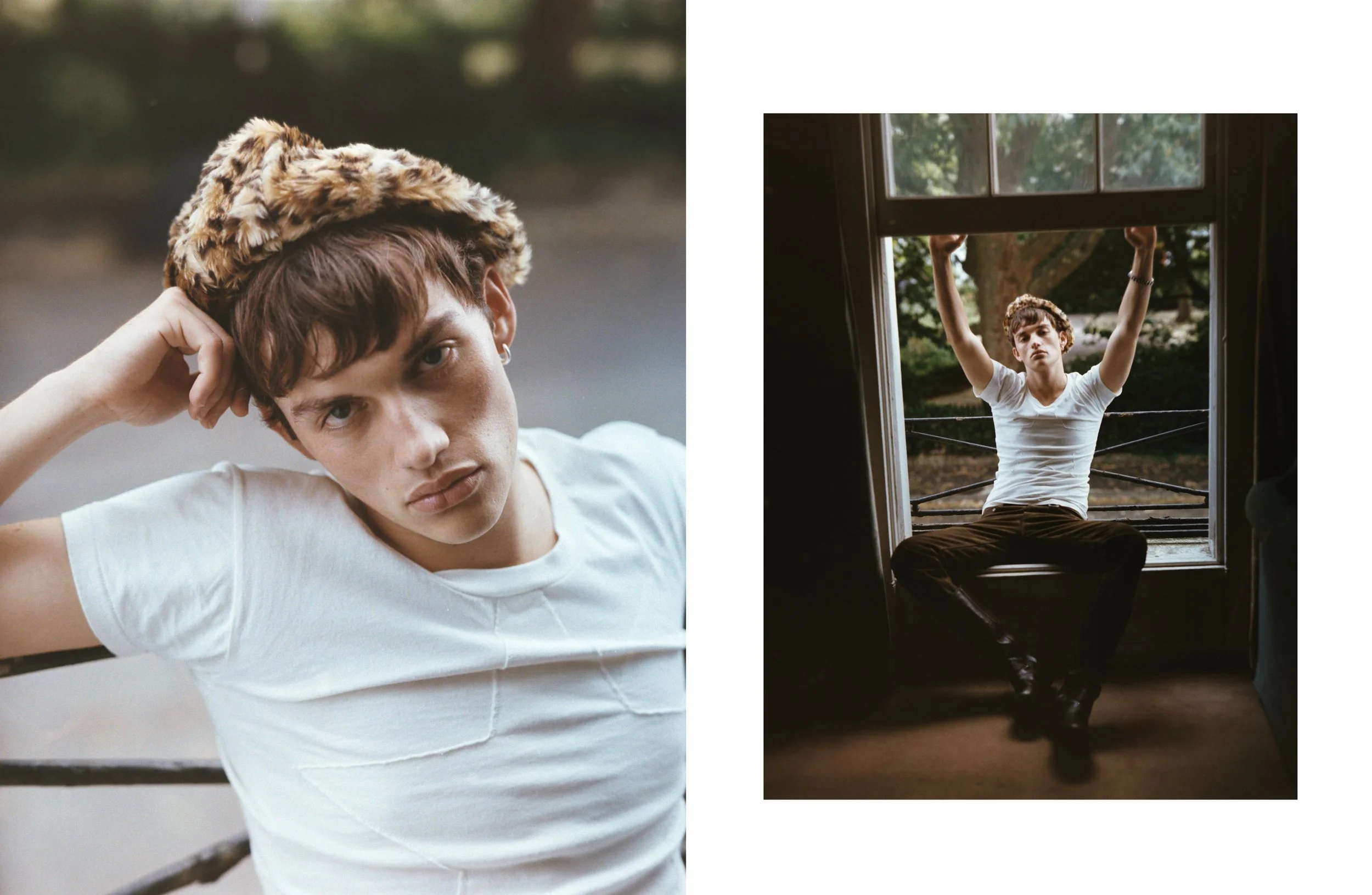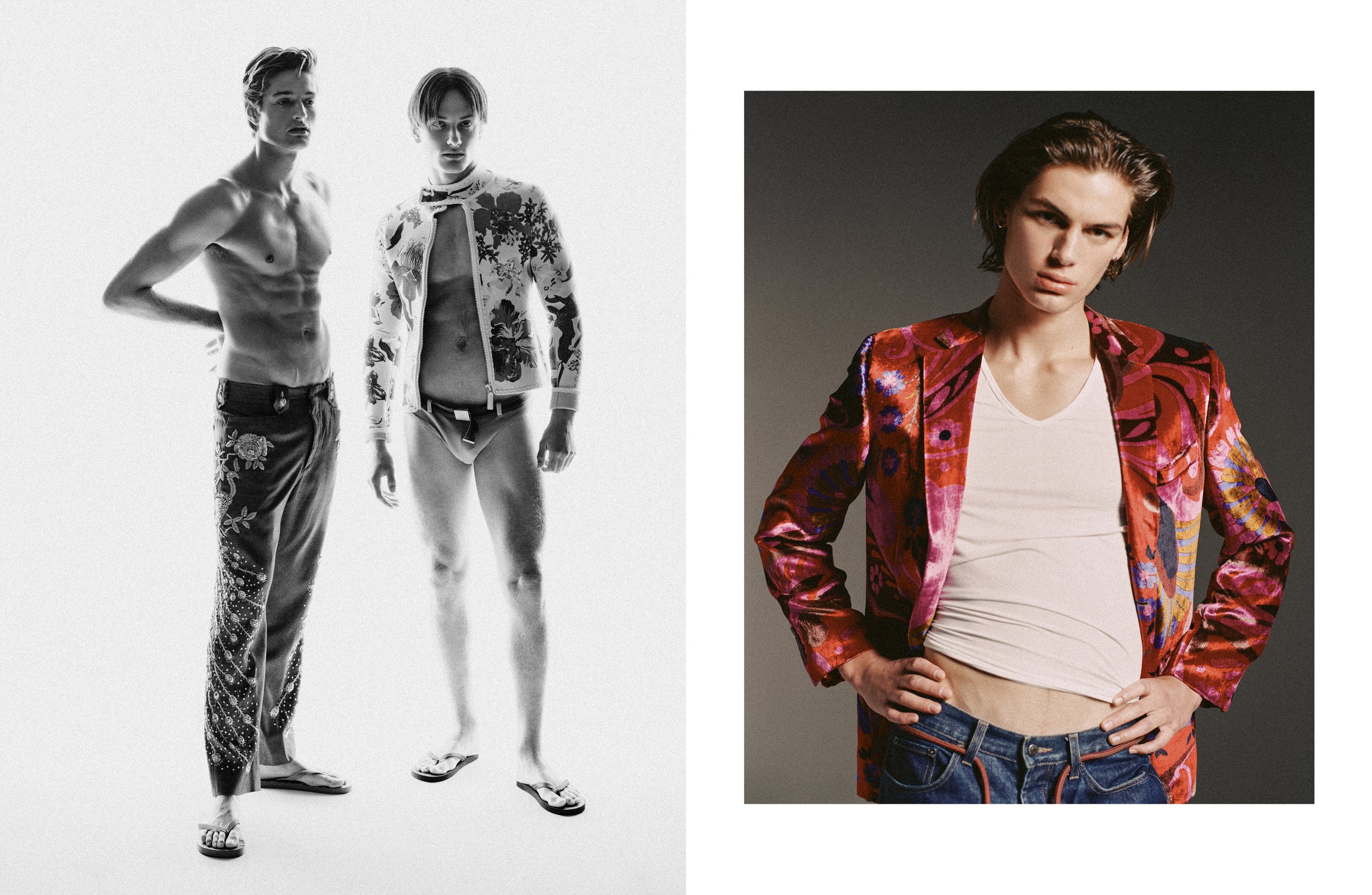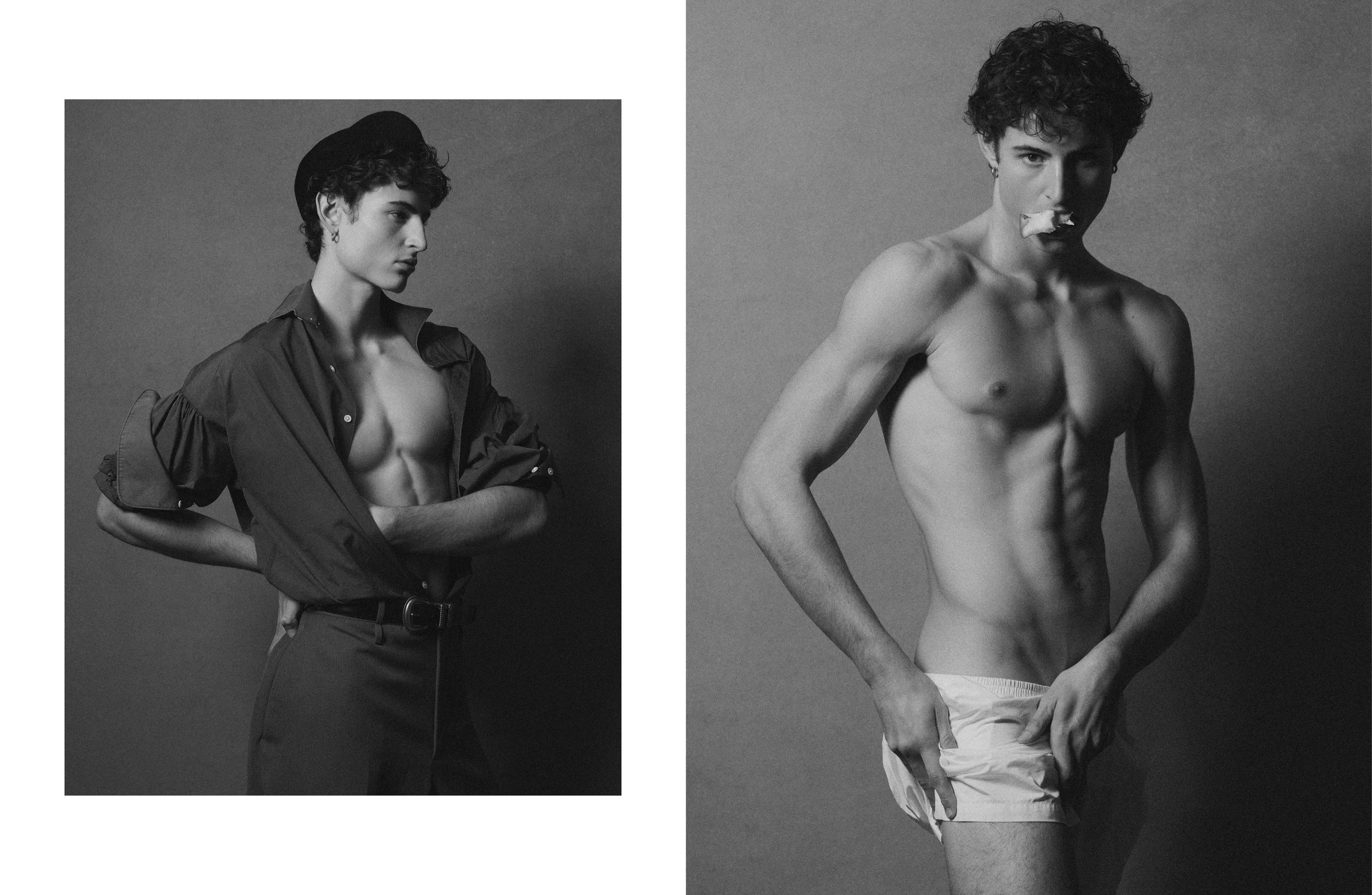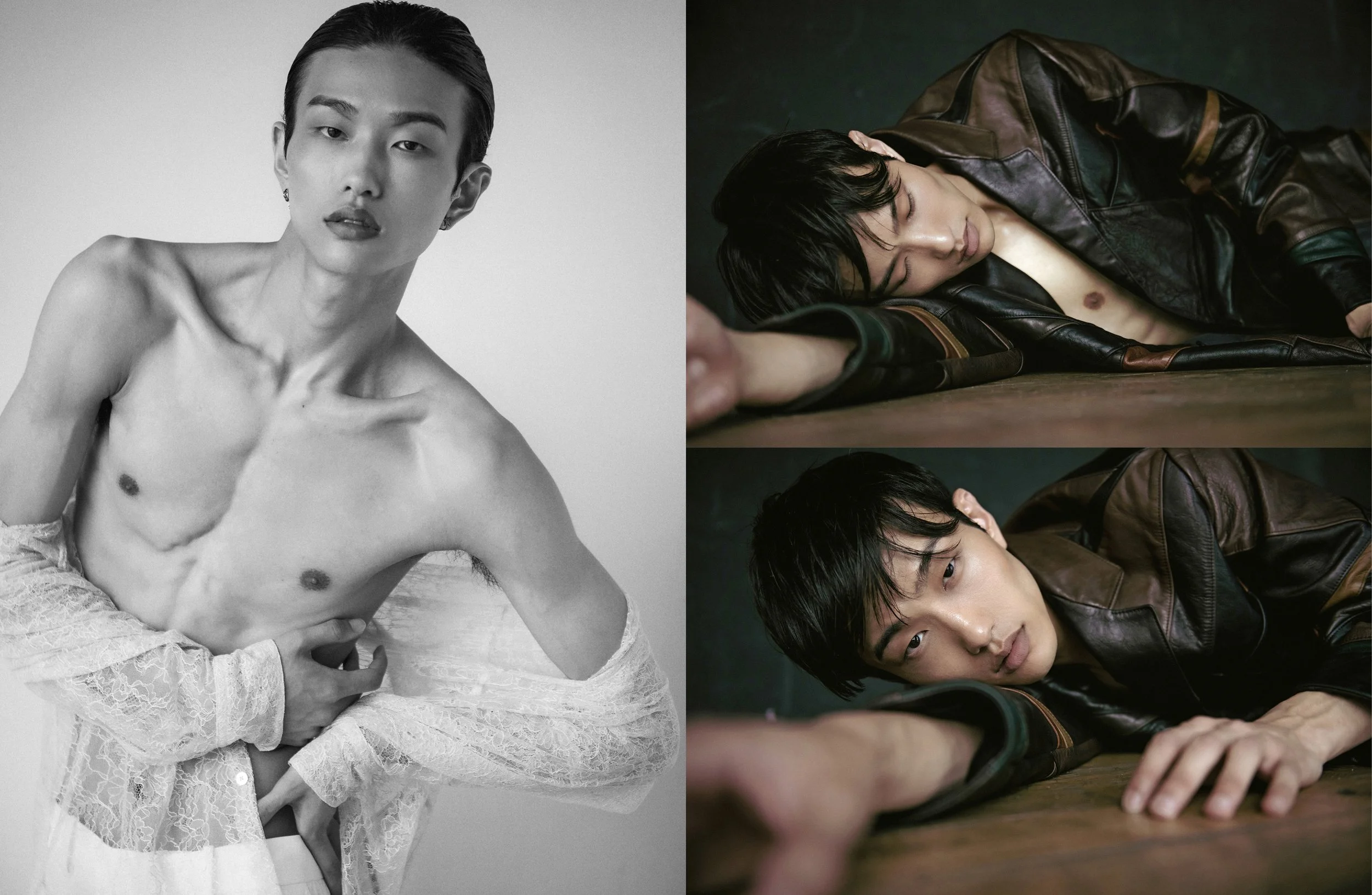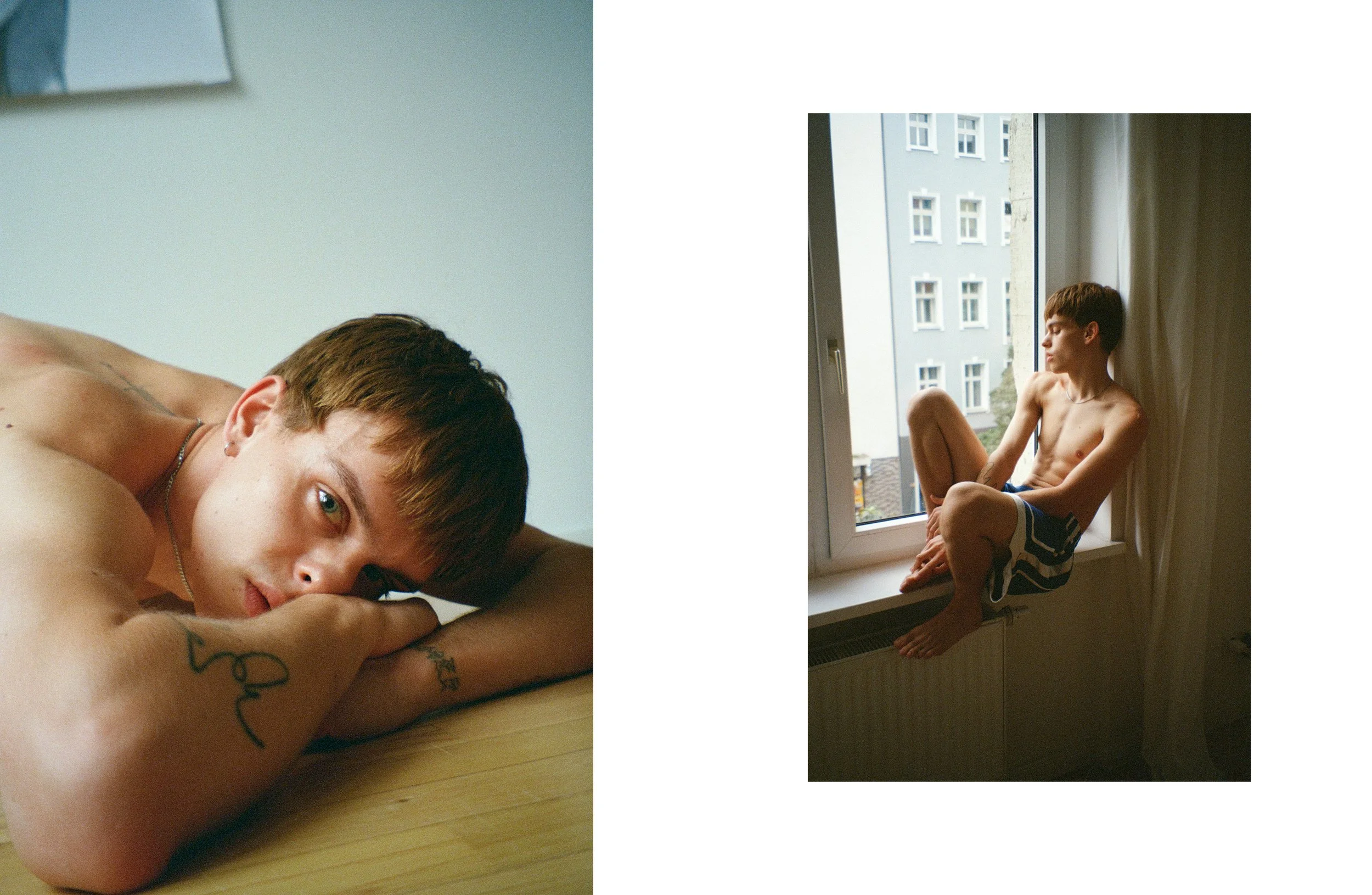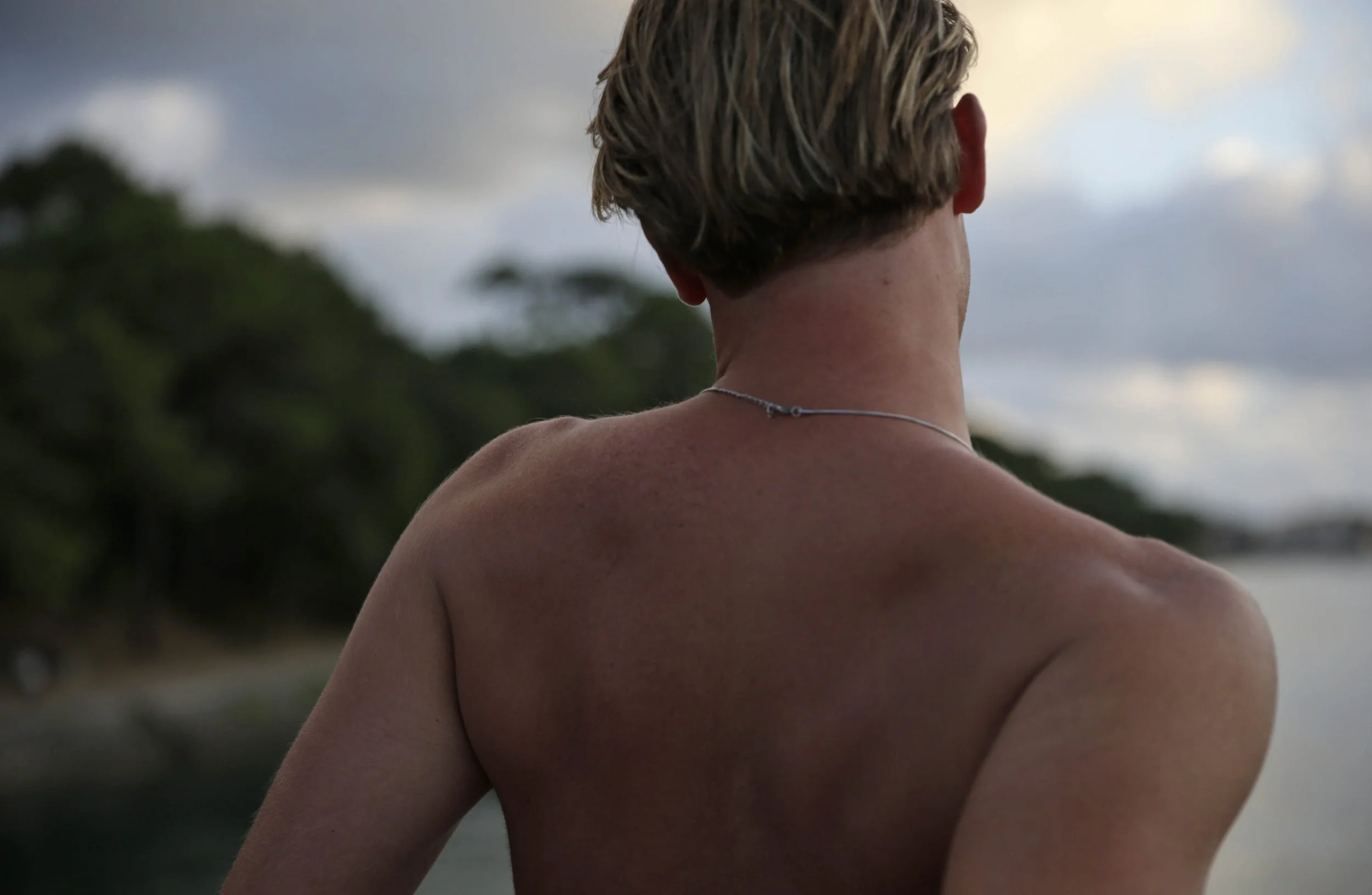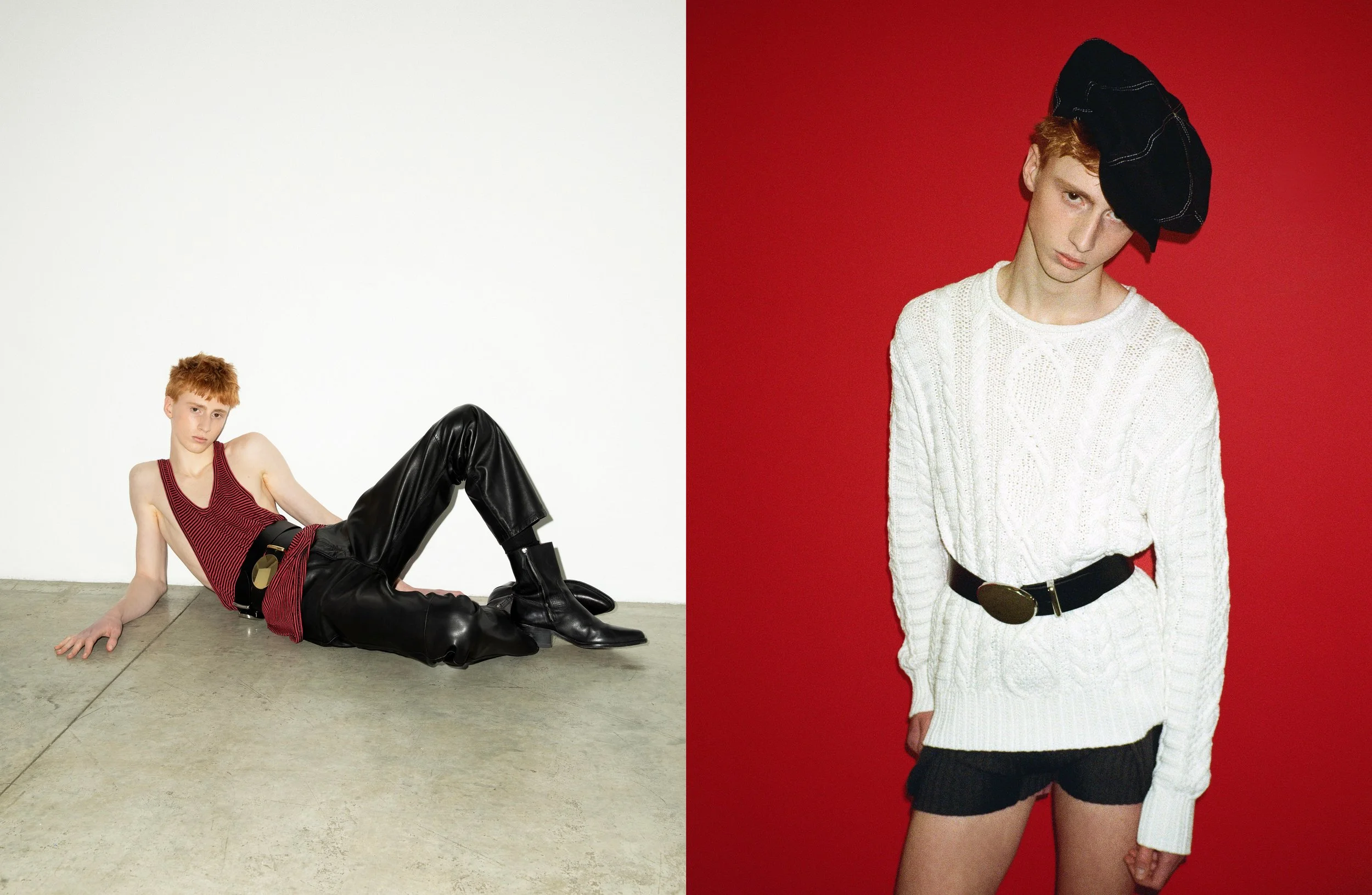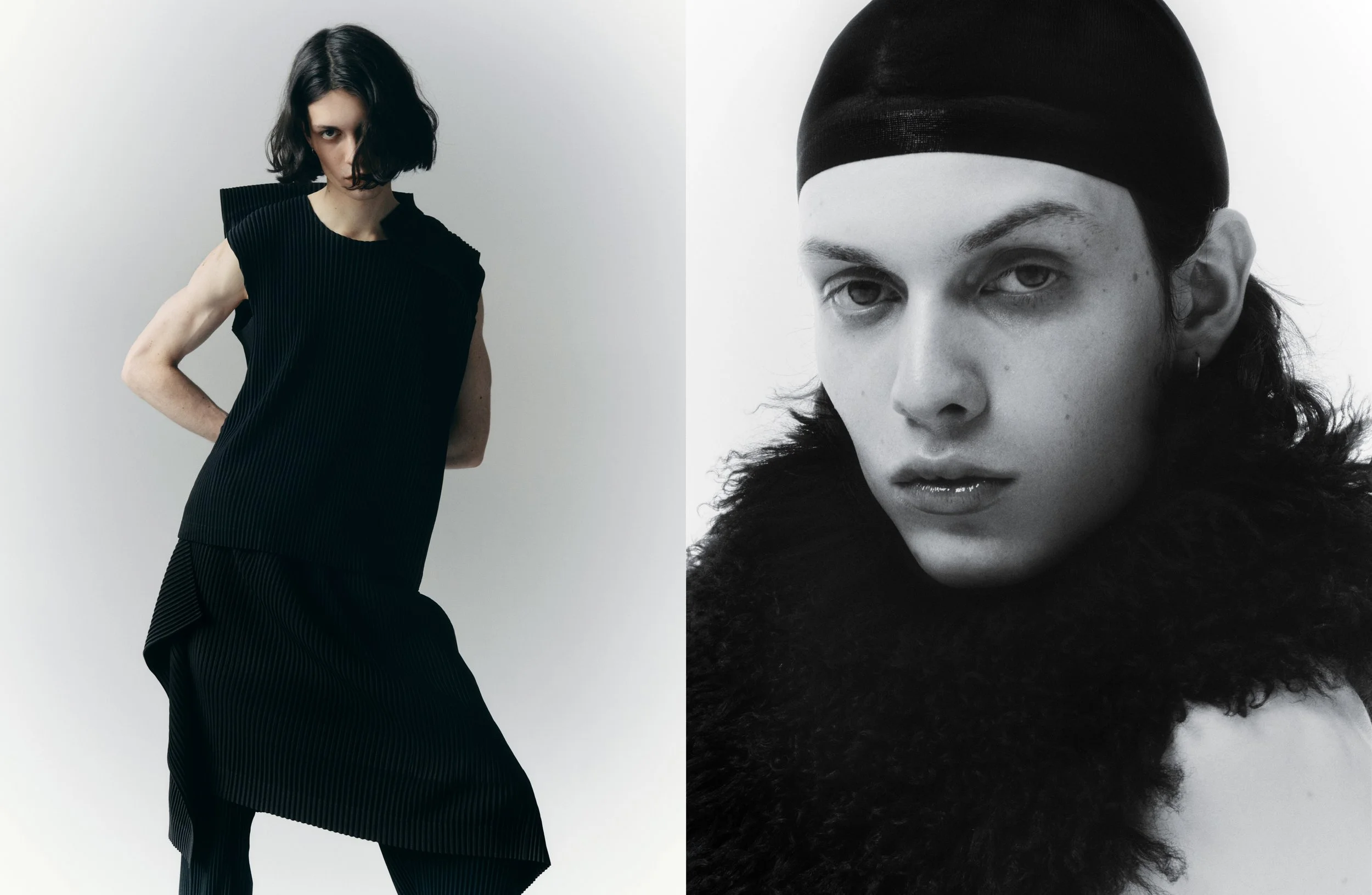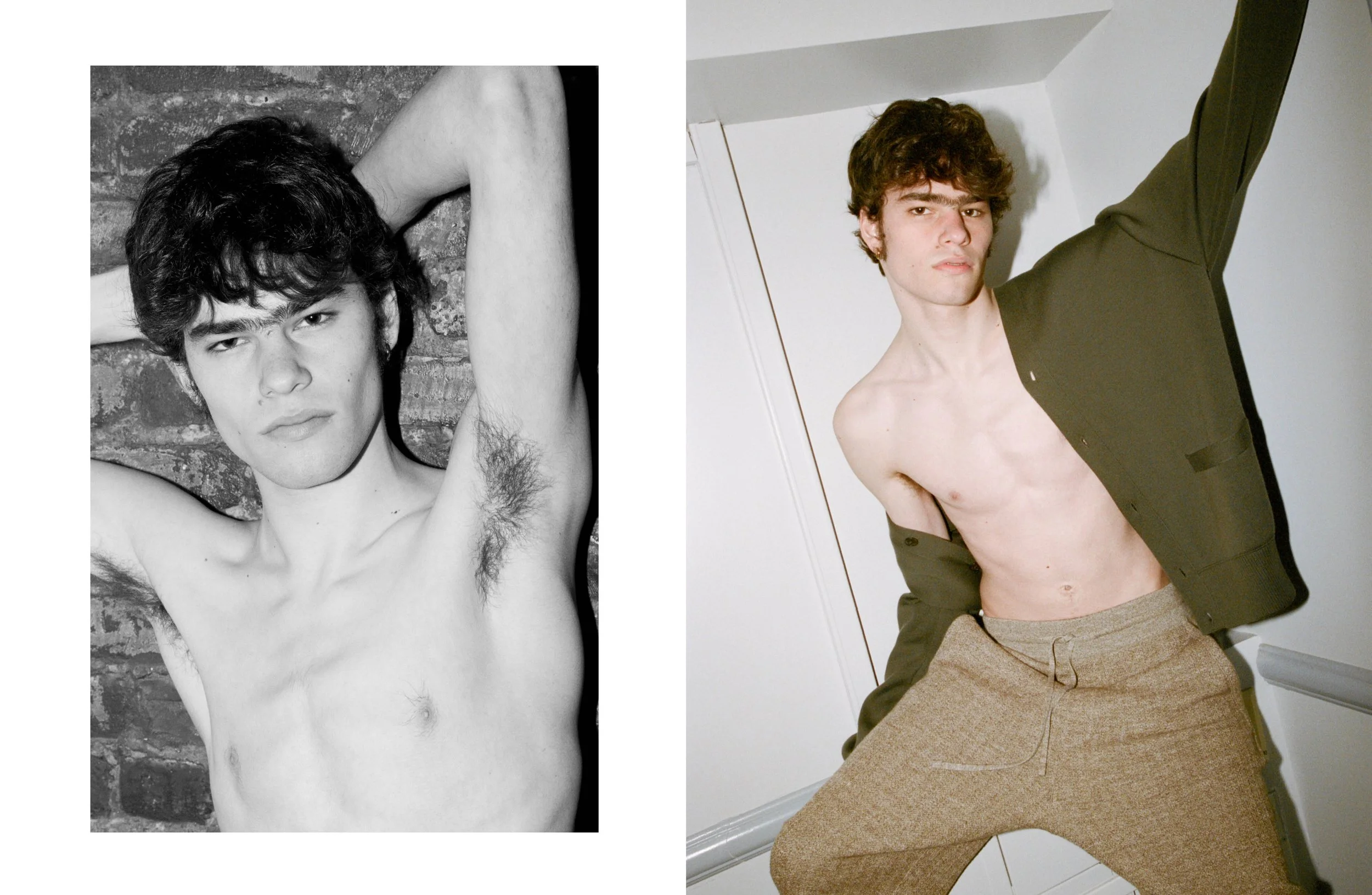“My call time has moved up so we only have 40 minutes,” said Ilfenesh Hadera over the phone the day before she wrapped the filming of the second season of Godfather of Harlem, where she plays Mayme Johnson, wife to Forrest Whittaker’s Bumpy Johnson and a rising force in her own right. For a press junket, that much time could feel like an age, but five minutes into the conversation, it’s clear that it’ll never be enough with Hadera. Beyond the screen she fills with magnetic presence, the conversation reveals the quiet philanthropist who favors concrete action to self-promotion; a great conversationalist who serves delicious “tea”; and the kind of genuinely warm human we should all aspire to be.
Ilfenesh, you recently took part in the first episode of The New Rules with Darnell Jamal Lisby, about your road to success as a creative, talking lessons learned, methods employed. Was there something you had to unlearn or leave behind on your way?
I wouldn’t say unlearn, but there’s a particular lesson that never stuck. In my 20s, successful men my age – people who’d never do favors but dished out advice on how to make it – kept telling me “walk into a room and own it”, “let people know who you are and be demanding” so that people would treat you like you’re someone. I’d question myself, because if successful people are doing it, there must be something in it, but I was pretty sure that wasn’t the right way. So the lesson to unlearn would be: just because someone else has made it doesn’t mean they have the recipe to your success. I think we all must figure out for ourselves what is authentic to us.
The season’s not over. You could pull a diva move tomorrow before filming wraps.
That’s true. Maybe tomorrow I'll just go out in a blaze of glory and burn my trailer.
But that might mean a return to that decade of waitressing.
As wonderful as the friendships I made in the hospitality industry are, I'm very happy to not go back. People can be really awful. There was this one guy who got very upset that I wasn’t a magician who could materialize a table for him. The restaurant was full but he kept insisting that he was a guest of the hotel it was in. But unless he brought a table down from his room, there was no availability. So I offered to put him on the waiting list and, wait for it, he said “I should slap you in the face with my cock right now.” I called the manager over to deal with that. It’s one of those ridiculous moments where you’re like “wow, this meal is just that important to you.”
I’m speechless. Any current downsides to the acting?
I counted that since November 2020, I’ve had 53 Covid-19 tests.
That’s… a lot. How are your nasal cavities holding up?
It’s a necessary evil, one of those wild inconveniences that you’d have never imagined in a million years being part of your daily work life. But our nurse and technicians are so wonderful and gentle – so gentle in fact that you almost feel that they’re not getting what they need! I’m so happy to have them behind us.
Word on the street is that you’ve mastered the art of saying no. Can you please share the secret of this ancient art for those of us who always get roped into things?
It sounds really simple, and it’s something you probably already know, but you can get away with pretty much anything if you say it the right way. Delivery is everything, whether you want to turn down a dinner date because you need time to yourself at the end of a busy week, or you don’t want to read a script from a fan you’ve struck up a relationship with over Instagram. If you’re kind, honest and gentle, you can say no. Much more than if you flat out reject things with no good reason.
Do you think it’ll work on deadlines?
I don’t think so. Choose your battles.
Is there anything that you say yes to, even though you’d rather refuse?
I don’t love press stuff. There’s an electronic press kit for shows, where you’ll sit down and they’ll give you questions in advance, but they can be really general questions. Let’s “there are so many parallels between 1960s Harlem and what’s going in today’s world” or “what do you think the audience will take away and love about the show?” You could really go off on a tangent answering these questions, especially for people like you and I – women who are wordy and like to talk a little bit – we can just dig ourselves into a hole. So I get a little anxious about things like that because I don’t want to sound like a bonehead. You always want to represent your show and yourself in the right way.
Do you usually listen to that little voice that says “don’t do it” or do you throw caution to the wind?
Well, when you have this feeling of wanting to say no to because you’re fearful you won’t be able to deliver, that’s when you have to pick yourself up and say “okay, I can do this” because otherwise, there’s no growth at all [if you don’t challenge yourself].
Preparing questions feels just as uncomfortable to be honest, because you want to come off as an ignorant newbie or like a total stalker. Or rude and intrusive.
I hadn’t thought about that from your perspective. In my case, nothing feels off-limits. If someone asked a really rude or intrusive question, I’d be like “well, that’s weird.”
How weird are we talking?
When we were doing press for Baywatch, all the international press came to Miami where we were filming, and this German journalist asked me if I ever felt any pressure to get a breast augmentation for Baywatch. Can you imagine? And I was like “this is crazy… No, I have never felt any pressure to fix my tits for this one role, I'm sorry if that's not the answer that you wanted to hear, strange man.” (Laughs.) It was so surreal. People feel really free.
Let’s stick to the non-weird questions then. As you wrap up season 2, how do you feel Mayme has evolved?
You know, the creators of our show Chris Brancato and Paul Eckstein really lay the groundwork for her to be a strong, solid, self-aware powerhouse of a woman in season one. But they were just setting the stage. This season, they really trusted me as an actor to bring her out. Because of the pandemic, we shot mostly on stage for health and safety reasons, so it’s really about character development an exploration about her home life, the relationship with Malcolm X. We will meet Betty Shabazz this season. So there is this dynamic. We really get to know Mayme, her interests, her hobbies, her passions in a way that wasn’t done in season 1. She’s the same woman, but further explored here. The civil rights movement is a main cause of hers and we see as a kind of activist, a community organizer. The seeds planted earlier are starting to grow. It’s a responsibility when a writer gives you something of substance that you can really sink your teeth into and hope you can deliver. I’m not saying that I have, but I feel good [about the work I’ve done].
If you take away the historic aspect, it could be events happening these days.
Yes and the parallels are just… It’s like history is repeating itself. This season is set in 1964 and it’s the year of the Harlem Riots that start because a police officer shot a young Black boy. Last summer, [the Black Lives Matter movement started with] the same story: the murder of an innocent Black man at the hands of the police. The Civil Rights Act and voting rights? Voter suppression is going on in Georgia right now. Did you know there’s now a law there making it illegal to hand out food and water to voters waiting in line? It’s medieval and it’s so clear what the intention of a law like this is.
Not to mention the denial of access to health services for transgender youth. Community service and philanthropy has always held a central part in your life. Why is that?
I was born into African Services Committee which my father founded in 1981. My mother came on as a grant writer shortly after and went on to become co-executive director of the organization until she retired earlier this year. She and my father are still very much involved and invested in ASC, as am I. From campaigns aimed at getting the youth in the community engaged and involved, to spreading awareness about ASC and raising funds using the platform my career has provided me, I try to be of use to them in any way that I can be.
Is there a lesson that you feel all those who have not known the hardship of needing to leave their home or seek refuge should learn?
That nobody puts their child in a boat unless the water is safer than land. And I know some people are gonna read that and roll their eyes but there isn’t a simpler way to illustrate the impossible predicament refugees find themselves in when deciding to stay or go. My father fled Ethiopia in 1979 because as a student activist during the Mengistu led “Red Terror” he knew his days were numbered. He left behind the only home he had ever known, his brothers, and sisters, his father who he would never see alive again. Now, 50 years later in the face ethnically motivated murders by Ethiopia’s own military, rape, and weaponized starvation there are an estimated 1.7 million displaced people in the Tigray region, many of whom have fled their homes to refugee camps in neighbouring Sudan, a matter of life or death. If people genuinely understood this, I think they’d feel compelled to help rather than judge.
Some may feel that a single person can’t make a difference. Where can each of us start?
I think people can get discouraged by how much of the world needs helping and then be kind of paralyzed by the enormity of need in the world. I’ve always thought though that if we all took care of what was in front of us, no one would be left behind. So maybe that means doing something in your community, working at a local soup kitchen, or mentoring a child. Maybe that means making a donation to an organization that does work that resonates with you. And as far as money is concerned, people have to believe that a little bit truly can go a long way.
What do we need more than ever?
To dismiss the idea of otherness. The idea that men are so different than women or that black is so different from white. That cultural differences mean more than they actually do. We need to see ourselves in each other.
…
Interview by Lily Templeton
Photography by Rowan Papier
Fashion by Yael Quint
Make-Up by Georgi Sandev
Hair by Hos Hounkpatin
